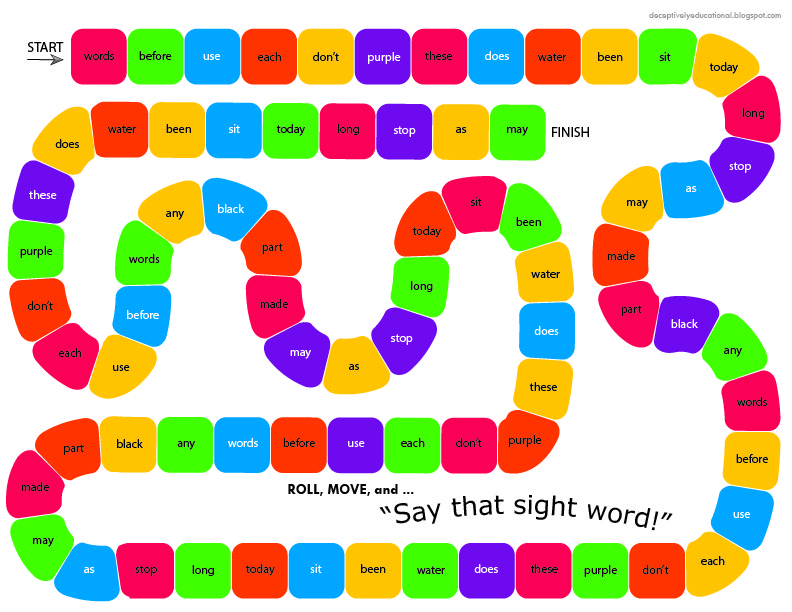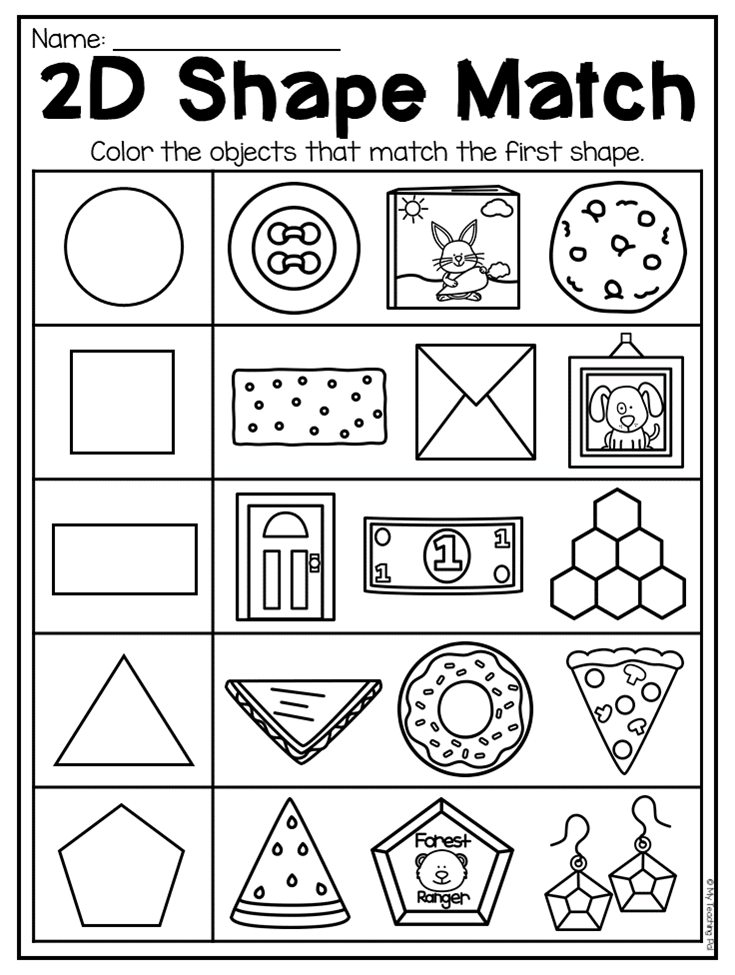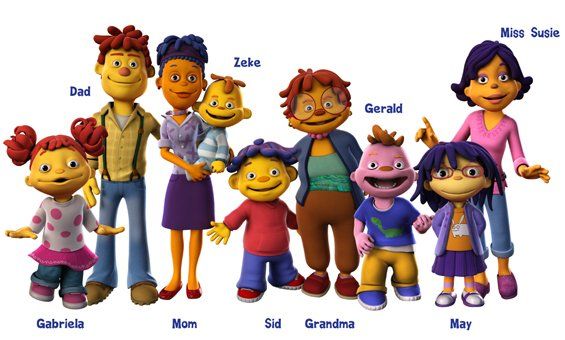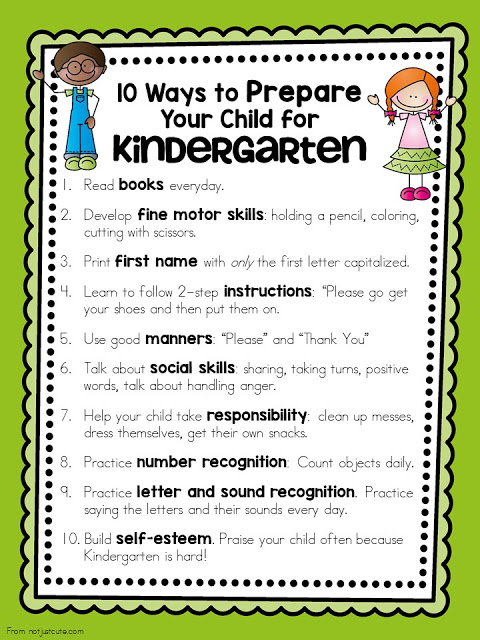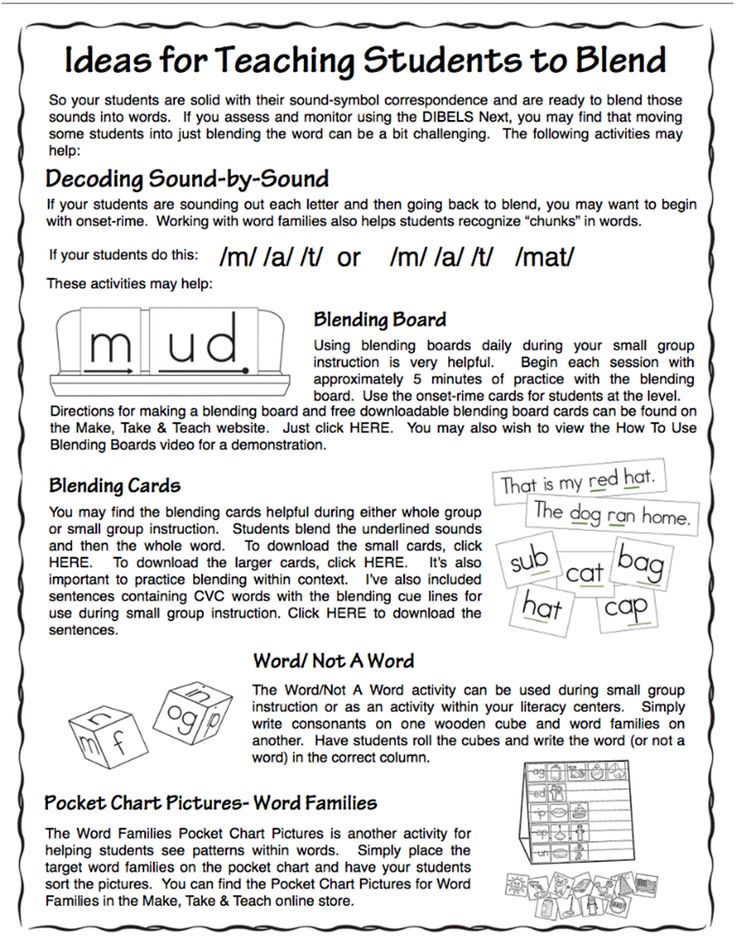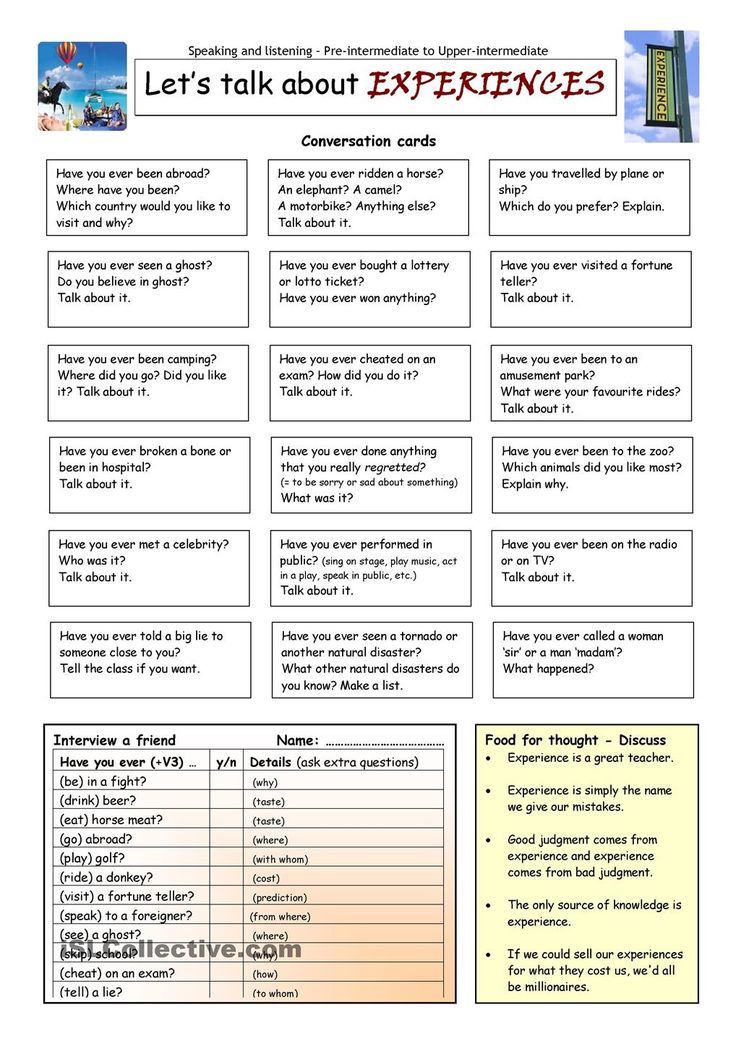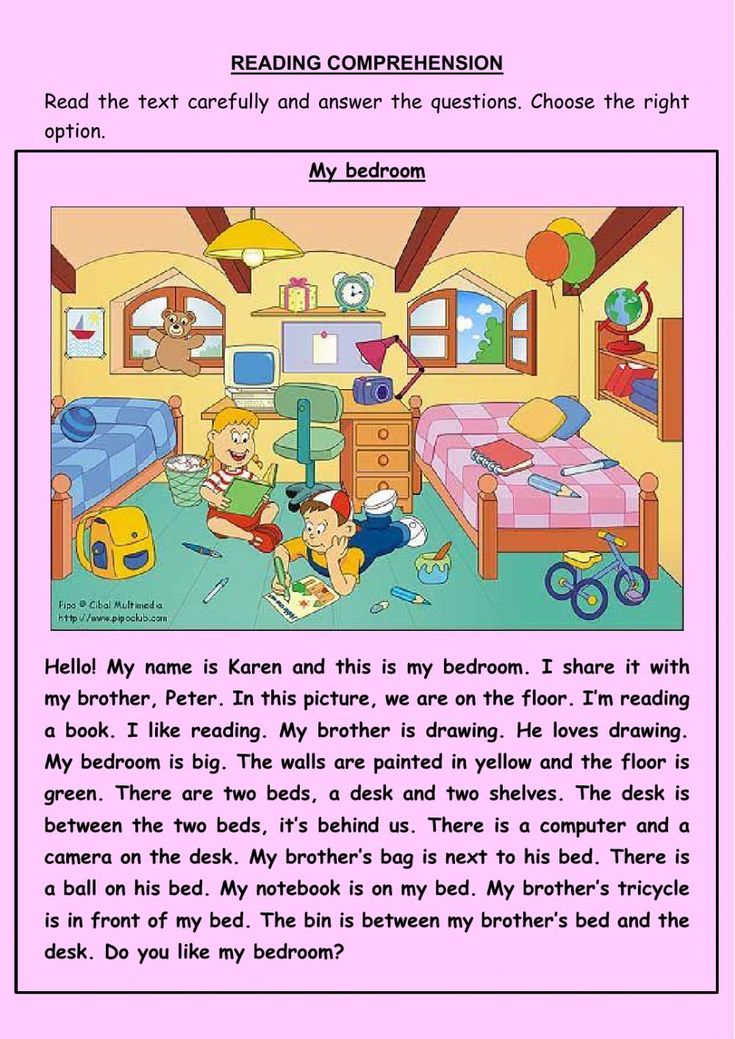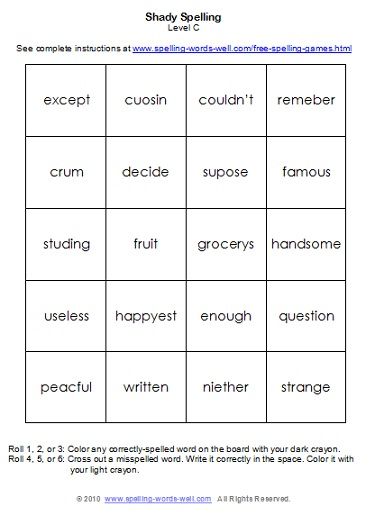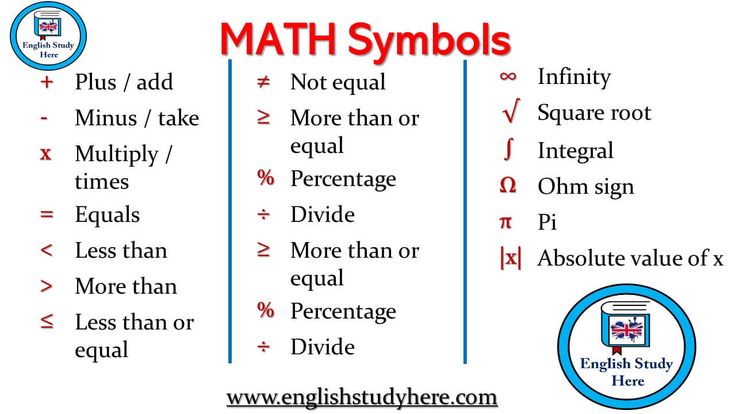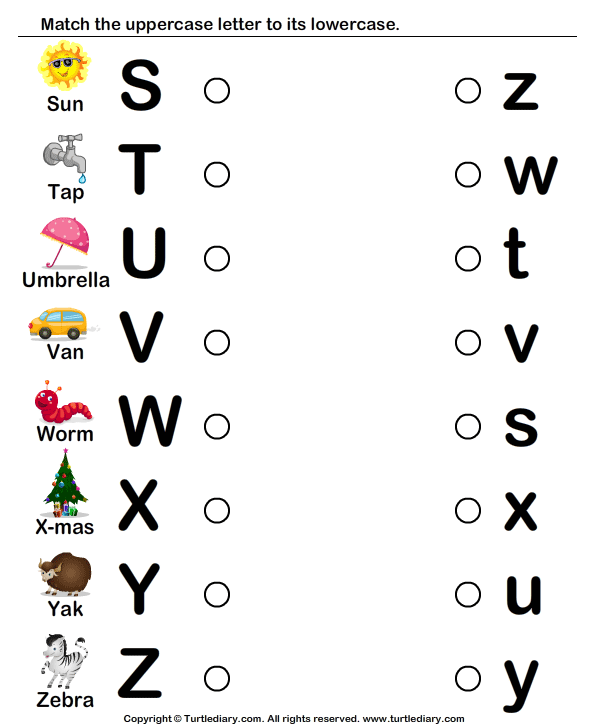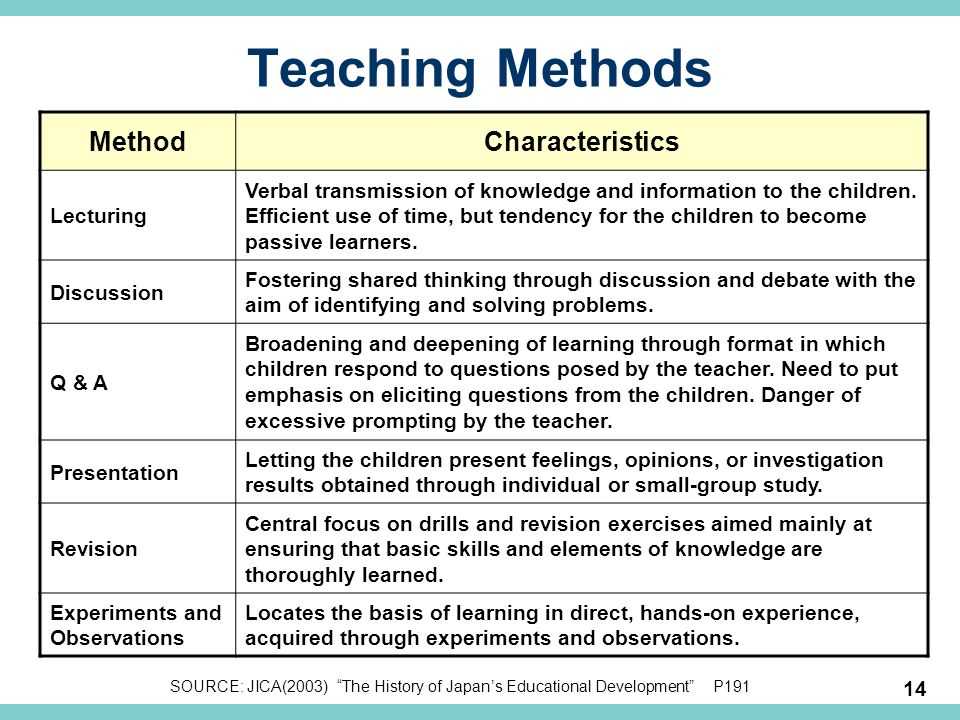Children word games
20 Best Word Games for Kids Recommended by Teachers
English word games are a fun way to get kids to learn new vocabulary skills, sharpen their existing reading skills, and develop their writing skills all in one go. There are tons of fun games to help foster a love for language at a young age and teach them valuable literacy skills along the way.
Here is a look at 20 cool games that put a new twist on classic word games or introduce you to some new approaches to learning vocabulary skills.
1. Popsicle Words
This word game for kids is easy to set up. Simply write words across the 2 popsicle sticks of the same color and let kids match up the two halves of the sticks. Use colored sticks for young readers or one color to make it a bit more difficult.
Learn more: Good and Beautiful
2. DIY Wordle
Wordle is the online word game that has taken the internet by storm. Create custom wordles for kids using words they know or might be learning at school. This DIY version is quick and easy to use and a favorite educational game among learners.
Learn more: Wordle
3. Stop the Bus
This is a classic classroom game that can also be played at home with just a piece of paper. Kids get assigned a letter and must produce one word in each category starting with that letter. It is a game of speed so their language skills are truly out to the test and truly the easiest paper game to set up.
Learn more: ISL Collective
4. Online Hangman
Hangman is one of the best classic word games out there but this fun online version puts a new spin on it. The man is floating above a hungry monster and each incorrect guess pops one of his balloons, bringing him closer to his doom. Don't miss the chance to play this fun new version of one of the most popular word games of all time.
Learn more: Cool Math Games
5. Bananagrams
Bananagrams is a must-play word game for kids of all ages. It uses Scrabble-like letter tiles and players grab tiles and form words. Adding the element of time really puts their spelling skills and concentration skills to the test.
Learn more: Triple S Games
6. Make a Wordsearch
Create a custom word search for kids using words from their in-class theme or that link to a theme at home. You can even throw some silly words in the mix to make it more difficult or add their names for a fun surprise. This classic paper-based puzzle game remains a firm favorite word game.
Learn more: Discovery Education
7. Storytelling Game
Storytelling games are a great way for kids to use their spoken word skills.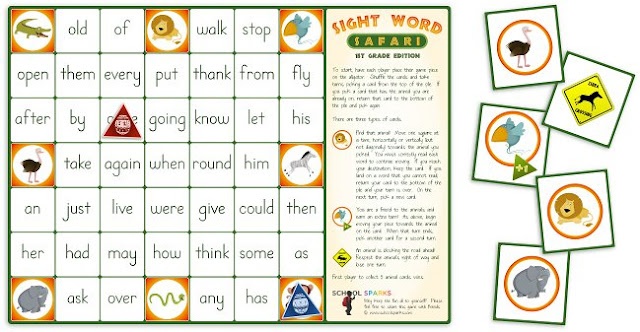 A spinner or story dice will give prompts for the story and dictate which direction it must go in. Kids can only use one word or one sentence at a time in this conversational game, forcing them to think quickly and creatively.
A spinner or story dice will give prompts for the story and dictate which direction it must go in. Kids can only use one word or one sentence at a time in this conversational game, forcing them to think quickly and creatively.
Learn more: The Colorful Apple
8. Wordicle
This should be a new addition to family game night as Wordicle combines a card game and a dice game to form the ultimate educational board game. Players roll the dice for random letters and use the letters on the cards in their hands to make the highest scoring word possible.
Learn more: UI School Supply
9. Toss the Balloon
To start this sight word game, write a collection of words on a balloon.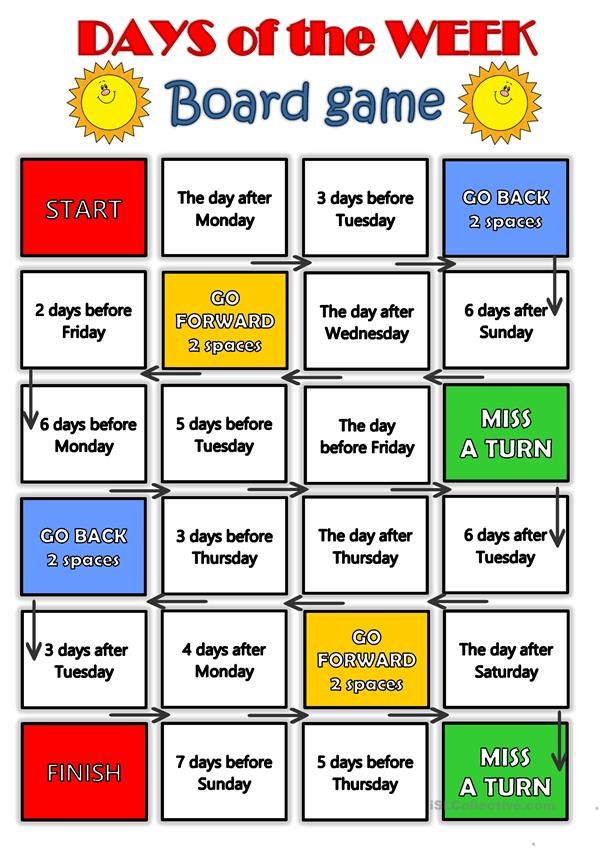 Toss the balloon in the air and let your child catch it. Whichever word is facing upwards should be read out loud and used in a sentence. Prompt kids who can write to write the words on the balloon themselves. This fun vocabulary game will have kids jumping for joy as they try to catch the balloon.
Toss the balloon in the air and let your child catch it. Whichever word is facing upwards should be read out loud and used in a sentence. Prompt kids who can write to write the words on the balloon themselves. This fun vocabulary game will have kids jumping for joy as they try to catch the balloon.
Learn more: Gift of Curiosity
10. Word Connect
Word Connect is a fun spelling game that kids can play online. Simply connect the letters in the circle to create words using the same letters. Each level adds one more letter to the circle increasing the game difficulty. This game for kids helps build kids' vocabulary as they discover new arrangements for the same letters.
Learn more: Mindgames
11. The Minister's Cat
This classic game was a popular parlor game but can still be played to teach kids all about adjectives. Each player recites the phrase "The minister's cat is a ..." and adds an adjective to describe the cat, moving along the alphabet.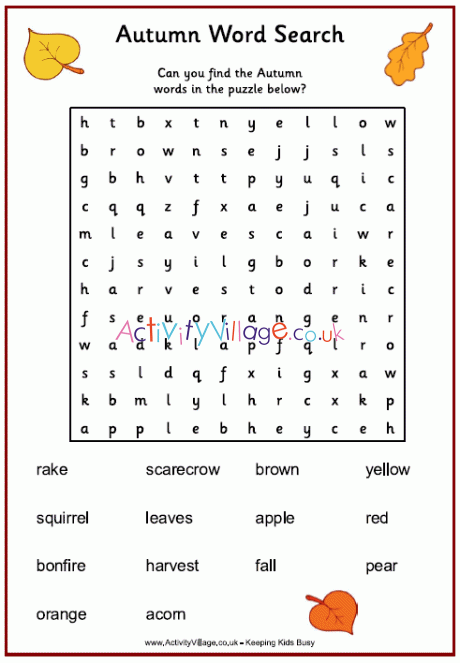 An adorable cat, a bouncy cat, a cool cat, and so on. This is a great way to work on listening skills and memory skills as they cannot repeat words and hone alphabet skills as they should determine which letter to use next.
An adorable cat, a bouncy cat, a cool cat, and so on. This is a great way to work on listening skills and memory skills as they cannot repeat words and hone alphabet skills as they should determine which letter to use next.
Learn more: Wild Billy
12. Hink Pinks
This fun word game for children is all about rhyming. One player must think of a rhyming phrase like "flat hat" or "wet pet". They should then use another phrase to describe it like "smashed fedora" or "soaked dog". It is up to other players to guess the rhyming 2 words.
Learn more: Hub Pages
13. Boggle
Boggle is a fun and educational game that has unlimited replayability. This handy online version allows you to play this challenging word game without buying the board game and is always handy on a mobile device.
Learn more: Wordshake
14. Blurt
Blurt is a fun new board game, perfect for players who always feel the need to blurt out an answer. One player reads out a description from a card and other players need to blurt out the word in question. Correct guesses will move you forward on the game board.
Learn more: The Dice Tower
15. Codenames
When it comes to word-based board games, few are as popular and well-known as Codenames. Players must call out a word that connects to one or more of the words on the playing cards. Their team must guess the word without accidentally guessing words assigned to the opposing team. This fun online version is free and lets kids play on their own too.
Learn more: Codenames
16. Sight Word Candyland
If you already own the Candyland board game, this adaptation is the perfect simple word game for your kids.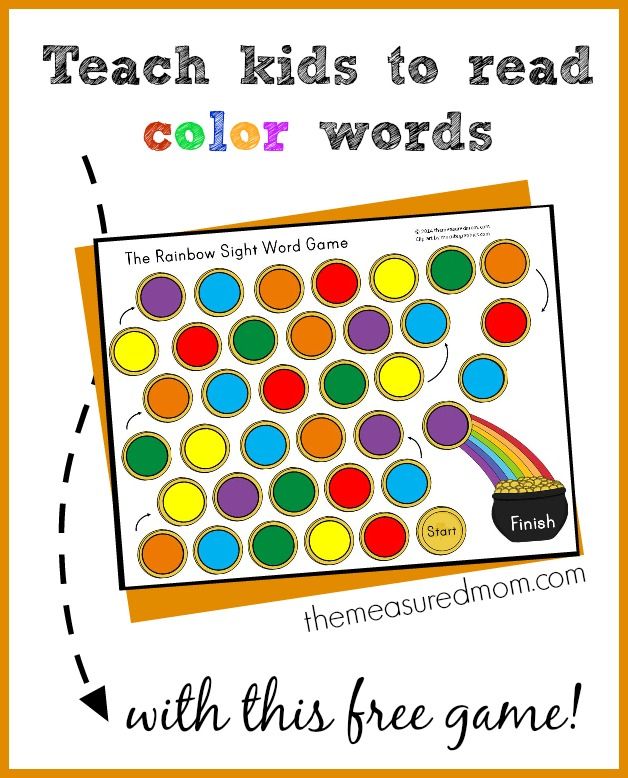 This game works on literacy skills and minimizes screen time simultaneously and all you need to do is print out these free game printables. There are also cards for different grade levels so kids of many ages can play together, making it the perfect game for family time.
This game works on literacy skills and minimizes screen time simultaneously and all you need to do is print out these free game printables. There are also cards for different grade levels so kids of many ages can play together, making it the perfect game for family time.
Learn more at 123 Homeschool 4 Me
17. Sight Word Splat
A couple of fly swatters quickly turn a normal sight word game into a very competitive word game. Write words on papers, laminated cards, or sticky notes, and let kids slap them with their fly swatters as you call them out. It is guaranteed to be a lively game as kids rush to show off their fundamental reading skills.
Learn more: You Clever Monkey
18. Silly Sentence Jenga
Write parts of a sentence on some Jenga blocks and let kids build sentences as they pull the pieces out in a hilarious game of Jenga. This printable word list will give you a good foundation for the game or you can replace them with your own words according to a theme or what your children like to learn about.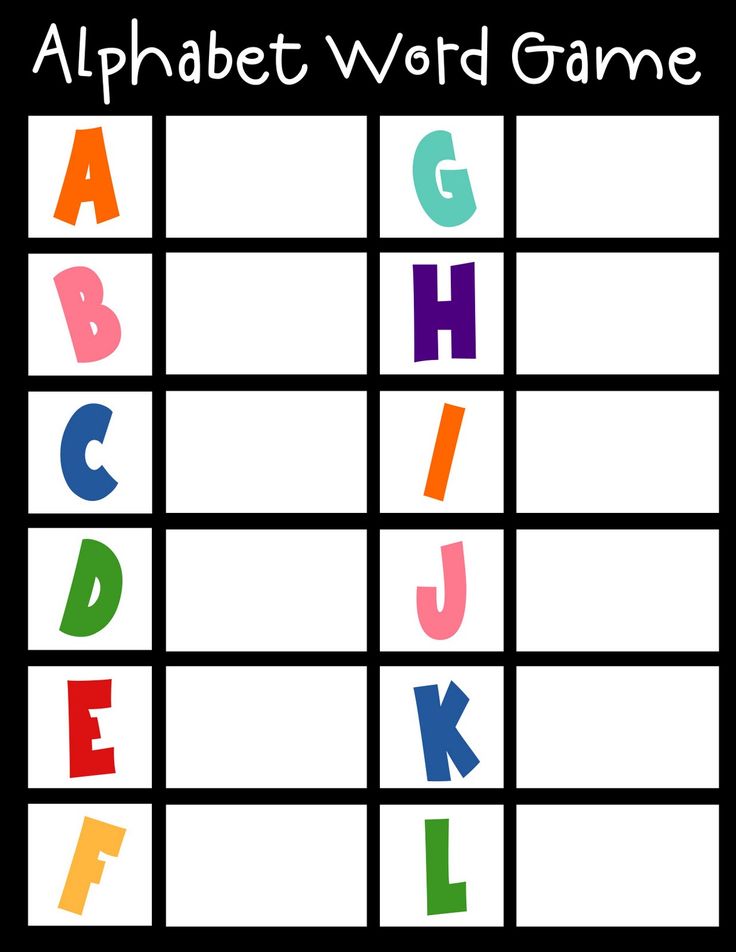
Learn more: Childhood 101
19. Secret Words
This vocabulary game for kids is great for language development. Print out cards that spell out a word using simple pictures to spell out a word. An apple would represent an "a" and a ball will represent a "b" for example. Kids can use magnetic letters, letter blocks, or scrabble tiles to decipher the secret words.
Learn more: Fun Learning For Kids
20. Word Hunt
Even the most reluctant learner will love going on a word treasure hunt. Put some sticky notes all over the house with words printed on them. Give kids a square grid with the matching words written in each block. Kids must find the sticky notes and complete their grid to win the game.
Learn more: Walking By The Way
36 Fun Word Games for Kids with Educational Value | Prodigy Game
If kids (and some adults) had it their way, they'd play games all day. Fortunately, fun word games — targeted toward growing literacy — can help a lot when it comes to developing kids' reading and writing skills.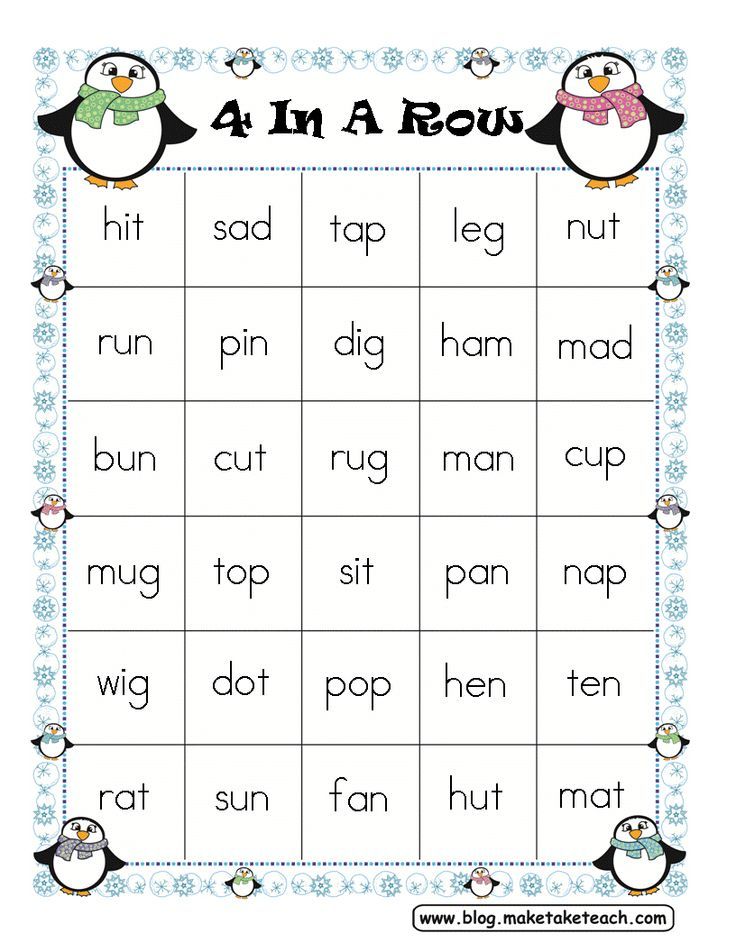
As they play, kids can grow their vocabulary by pronouncing and learning to spell each new word. You'll notice their confidence increases and its positive effect on their schoolwork. What could be better?
To benefit from your child’s love for play, make educational games a regular part of your family time. Older and younger kids benefit from these games, too. You'll be impressed by the number of new words they learn.
Throughout this post, we'll cover how word games help your kids, offer several games to choose from, and outline how Prodigy supports your child with game-based learning.
Ready to get started?
Below, we've outlined how word games offer great value to kids.
Key benefits of word games for kids
Educational games are a boon for parents and kids. Not only do these games occupy young minds, they support literacy in a fun way. Word games make learning nouns and other parts of speech enjoyable.
Let's explore how word games benefit your kids:
- Boosts kids' ability to concentrate and focus on learning.

- Cultivates problem-solving skills. Kids learn to approach problems logically and come up with solutions to help them win the game.
- Increases vocabulary and memory. An improved memory enables kids to recall vocabulary and build upon what they've learned.
- Improves spelling and reading skills. They can practice spelling and advance their reading comprehension through daily game-playing.
- Playing games makes kids happy. It's the perfect time for them to socialize, especially if they're enjoying educational games with siblings or friends.
- Word games can offer categories to expand vocabulary. Examples of categories include colors, shapes, sounds, drawings, animals, family, and friends.
Word games provide a great way for families to bond while relishing games that promote literacy.
Online word games
Online word games serve a greater purpose than most parents realize.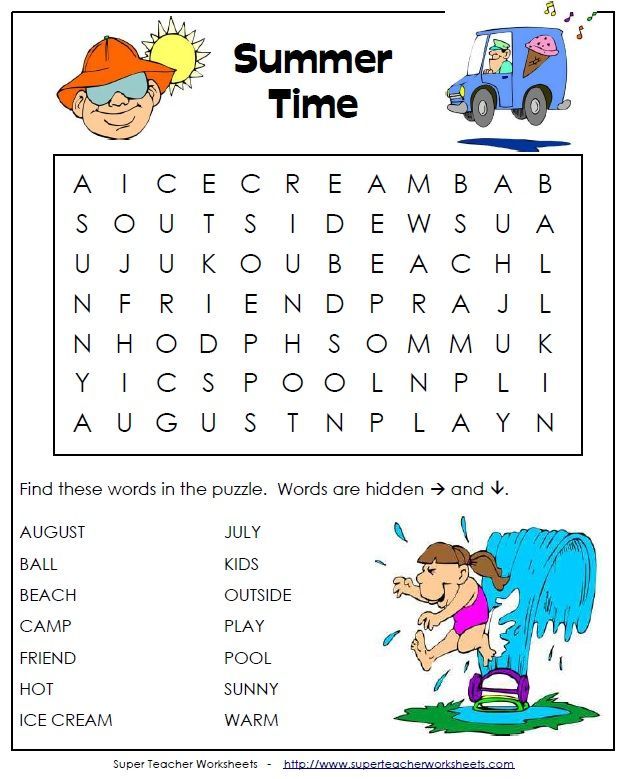 Start using these games at an earlier age to:
Start using these games at an earlier age to:
- Build reading skills. Word games can help lay the foundation to grow their comprehension skills further.
- Help your child's developing brain process information faster. Games challenge your child to keep up with fast-paced apps.
- Teach your child how to strategize and adapt to changes with complex games. These are transferable skills for problem-solving and future career opportunities.
- Develop confidence and promote teamwork.
- Learn compassion, empathy, and kindness. Well-being apps provide the perfect framework to enhance their emotional development.
Stay current in the digital world by playing new games. Learning how to use devices and computers at an early age prepares your child for school and their career.
Here's a list of several games geared toward different age groups. There's something here for everyone:
1. Prodigy English
Best for: 1st to 6th grade
Prodigy Education's newest adventure invites children to build reading and language skills in a fun, adaptive environment.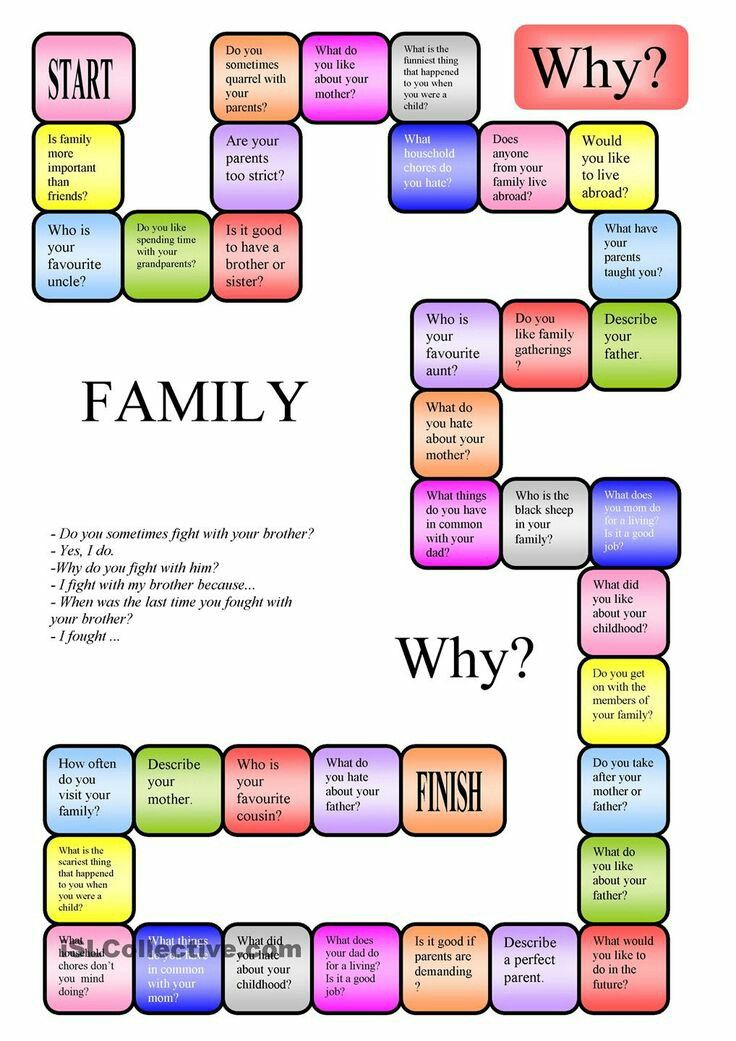 Every question kids answer gives them more energy for building objects, earning coins and creating a world of their very own!
Every question kids answer gives them more energy for building objects, earning coins and creating a world of their very own!
As your child plays and learns, you can follow along with their progress in your free parent account.
Sign up now2. Wordsmith
Best for: Older kids, 6th grade and up
Wordsmith uses a tile board where 2 to 4 players come up with words within a time limit. You can get a score preview before you make a move. Whoever earns the most points, wins the game.
Use your Android or iPhone to play this game.
3. Spectacular Spelling Play
Best for: Ages 3 to 6
An adorable cartoon character, Princess Presto, demonstrates how to pronounce letters such as "z" and "oo" to spell the word "zoo". She offers basic instruction and delivers positive encouragement to children as they develop phonemic awareness.
4. Word Ladder
Best for: 1st to 3rd grade
Word Ladder incorporates music to make this basic and entertaining game fun.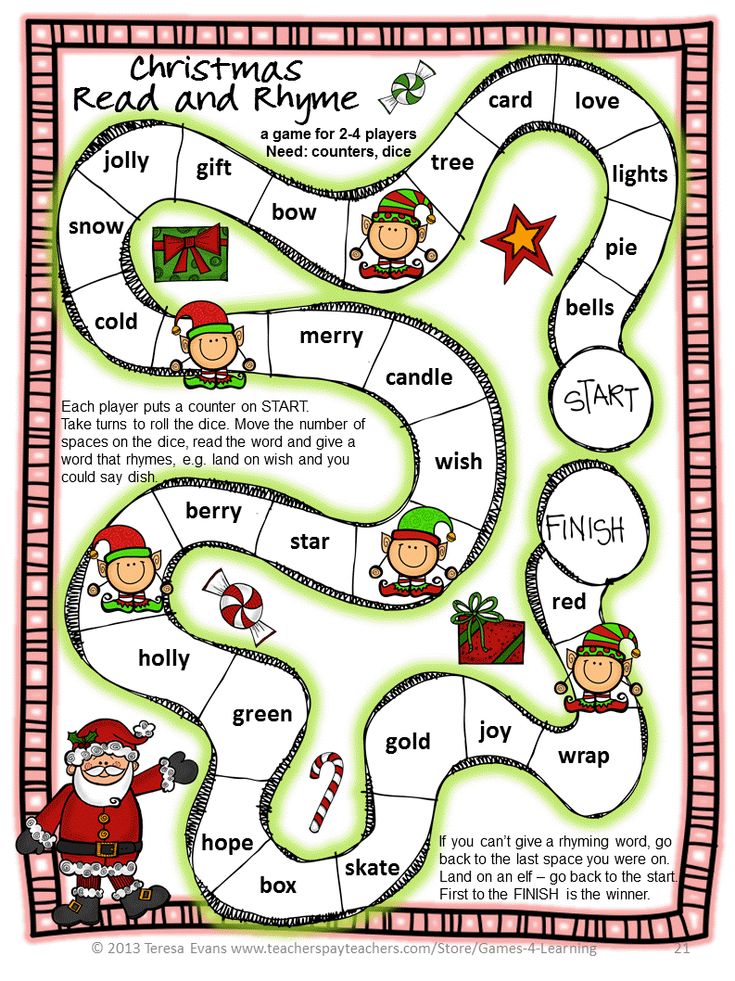 It teaches kids how to write simple words based on an accompanying image. It's a terrific game to build your child's vocabulary skills.
It teaches kids how to write simple words based on an accompanying image. It's a terrific game to build your child's vocabulary skills.
5. Aim 2 Spell
Best for: Kindergarten to 8th grade
Vocabulary Spelling City created this amazing app to teach kids how to spell and boost their vocabulary. Students choose one letter at a time from a list to spell words. Fun!
6. Word Scramble
Best for: Older kids, 6th grade and up
Word Scramble invites kids to take a selection of vowels and constants to spell a word. For example, rearrange the letters "BCRMALES" to spell "SCRAMBLE". This game is perfect for older kids who enjoy an amusing challenge.
7. Word Search
Best for: 3rd grade and up
Challenge your kids' knowledge by playing this educational puzzle game. Choose puzzles from different categories, like television shows, animals, food & drink, and movies for children.
You can play this game on your computer, tablet, or phone.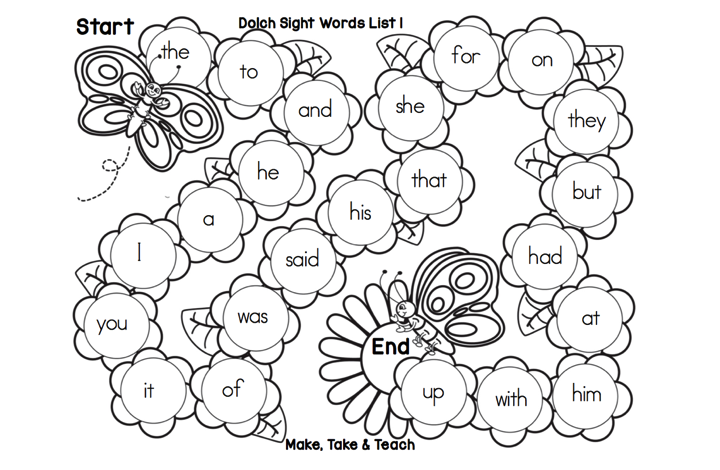 If you prefer to go offline, you can print the games to enjoy with your family.
If you prefer to go offline, you can print the games to enjoy with your family.
8. ABCya Letter Blocks
Best for: Pre-K to 6th grade
ABCya Letter Blocks boasts fun spelling games for kids across a broad age range. You'll find a bunch of cool games like Alphabats and Koala Paddle Boards. Kids can make their own puzzles, too.
9. Wordshake
Best for: 1st to 6th grade
The British Council created this multi-purpose website to help kids grow their reading, vocabulary, spelling, and listening skills. Wordshake has a 16-letter grid where kids make up words in three minutes or less.
10. Merriam-Webster Games
Best for: Children with substantial vocabulary, 6th grade and up
Parents and kids can have a lot of fun filling out crossword puzzles and quizzes. Energize family time with an entertaining yet competitive game to boost vocabulary.
11. PBS Word World
Best for: Ages 3-5
Word World excels at preparing children for school.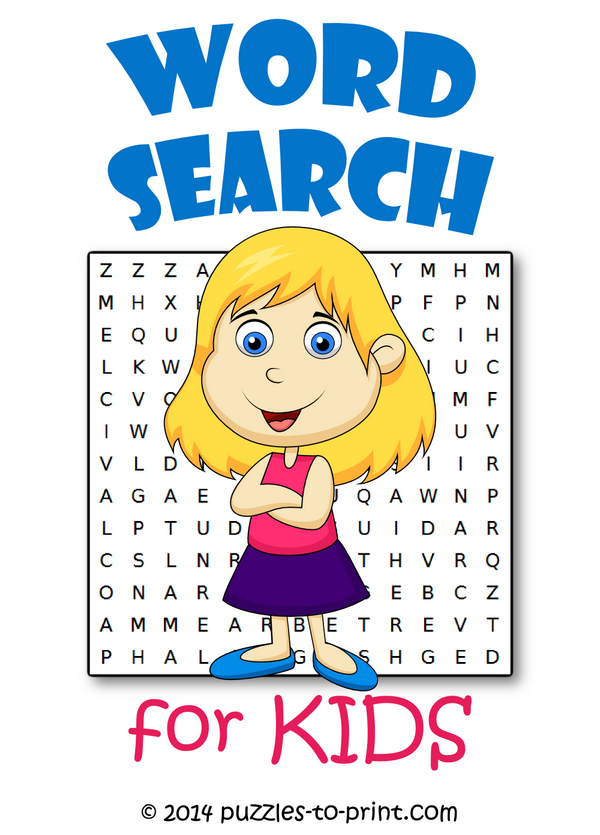 They learn how to recognize and use letters to create words, vocabulary development, and emotional wellbeing. All episodes focus on a fun journey interrupted by an issue that can be solved with one word.
They learn how to recognize and use letters to create words, vocabulary development, and emotional wellbeing. All episodes focus on a fun journey interrupted by an issue that can be solved with one word.
Looking for more games? We've got you covered! These 20 online browser games will keep your child engaged and motivated to learn.
Traditional word games
Almost everyone has played a classic word game using a pen and paper. Some of the most beloved word games benefit kids' English fluency, deepen vocabulary and enhance writing skills. Best of all, these word games are portable!
1. I Spy
Best for: Preschool to 3rd grade
The I Spy game encourages kids to learn how to take turns to speak without interruptions. It's a great social skill-builder for kids of all ages.
I Spy works perfectly as a multiplayer game. One person chooses an object and prompts the others to guess the correct answer. For example, they start with, "I spy with my little eye.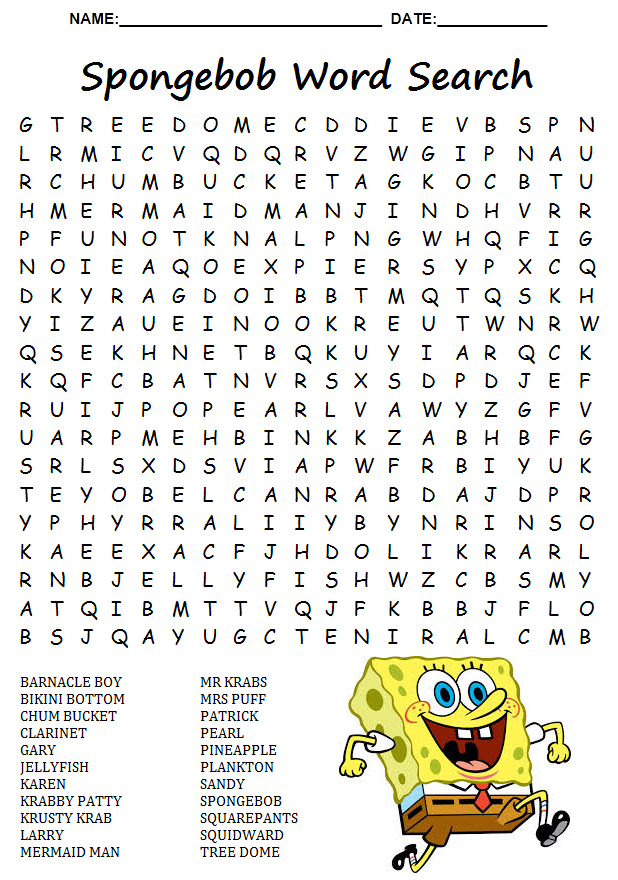 .. something thin and yellow". When someone guesses the answer is a pencil, that person wins the game.
.. something thin and yellow". When someone guesses the answer is a pencil, that person wins the game.
2. Crossword puzzles
Best for: 1st to 6th grade
Crossword puzzles make learning new words more fun. They're a great way to build vocabulary and boost spelling skills. Printable crossword puzzles come in various themes, including antonyms, dental health, state capitals, chemistry, and other neat topics.
3. Spaceman
Best for: 1st to 6th grade
An alternative and less problematic alternative to Hangman, Spaceman follows the same rules and uses easy to draw shapes.
In this version of the pen-and-paper game, you try to find the missing letters that make up a word. When you have enough letters, guess the correct word before the spaceship is complete.
4. Word search puzzles
Best for: Preschool to 8th grade
Word searches help kids learn to spell, enhance productivity, develop social skills and build problem-solving abilities.
Click here to find word search puzzles based on your child's grade level. These printable worksheets will entertain your child while improving their concentration and spelling skills.
5. Shopping list
Best for: Ages 3-7
The Shopping List board game enables children to develop memory skills and promote observational or social abilities. Created for two or more players, kids shop against other players. Whoever grabs everything on their list first wins the game.
6. Tutti Frutti
Best for: Ages 4 and up
Parents, get your kids interested in playing with fruit! This board encourages kids to find and put together two identical fruit halves. The first person to have the most whole fruits wins!
Tutti Frutti’s strengths include focus, concentration and speed. Your child will love this lively game.
7. Letter Ladders
Best for: Grades 1 to 6
Letter Ladders need two players or more. If you don't have a whiteboard at home, a pen and paper work great.
If you don't have a whiteboard at home, a pen and paper work great.
Start by writing words like "hope" at the top. Ask your kids to change one letter at a time to add new words in a column. So, if you wrote "hope", the next word could be "rope". Begin shifting letters to come up with new words like "ripe" or "knife" to add to your list of words.
Letter ladders enhance focus, literacy, observation spelling and vocabulary skills.
8. Broken Telephone
Best for: 1st to 6th grade
Broken Telephone works best when you have three or more players. It's a fun game for the whole family that encourages kids to listen carefully, be patient and take turns.
Select one person to come up with a word or short phrase like "what's for dinner" or "silence is golden". Start by whispering the phrase in the next person's ear. If they misunderstood the phrase, it cannot be repeated to them. Keep whispering the same phrase until you arrive at the last person who repeats the phrase as they heard it.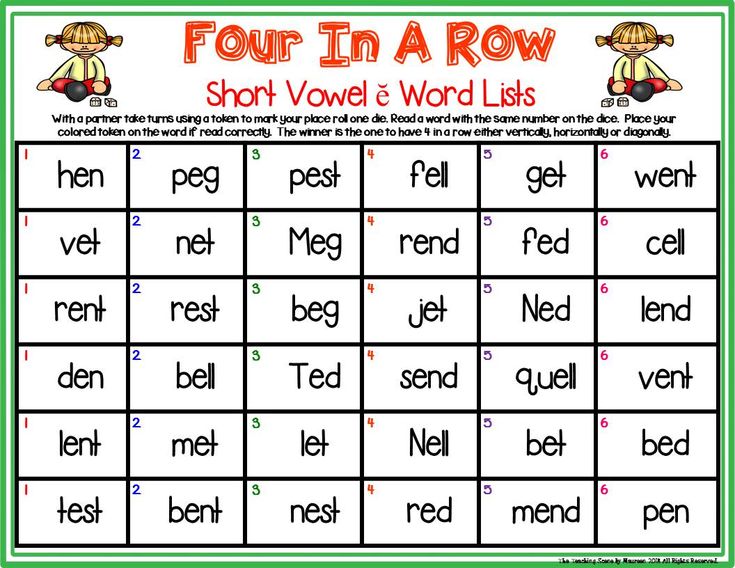
Be prepared for a lot of laughs when words come out wrong!
9. Think Pink
Best for: Ages 4 and up
Show your kids how to come up with rhyming pairs like "blue dew" or "owl towel". The words don't need to have similar spelling. They just need to sound alike.
Rhyming promotes language development, listening, and writing skills. Oh, and it's a lot of fun!
10. Words in Words
Best for: 1st grade and up
Distribute a pencil and paper to each player. Select one person to come up with a word. Each player must write that word at the top of their paper. The object of the game focuses on taking letters from the keyword and coming up with new words. The person with the most words wins the game.
Vocabulary games
Vocabulary games make a world of difference in your child's life. Begin working with them at an early age to enhance their learning throughout their school years.
Here's a list of benefits associated with vocabulary games:
- Increased memory
- Improved problem-solving skills
- A great confidence boost
- Learn spelling rules, grammar, and, of course, vocabulary
- It's fun and motivates kids want to continue learning
We've found ten vocabulary games you can enjoy at home.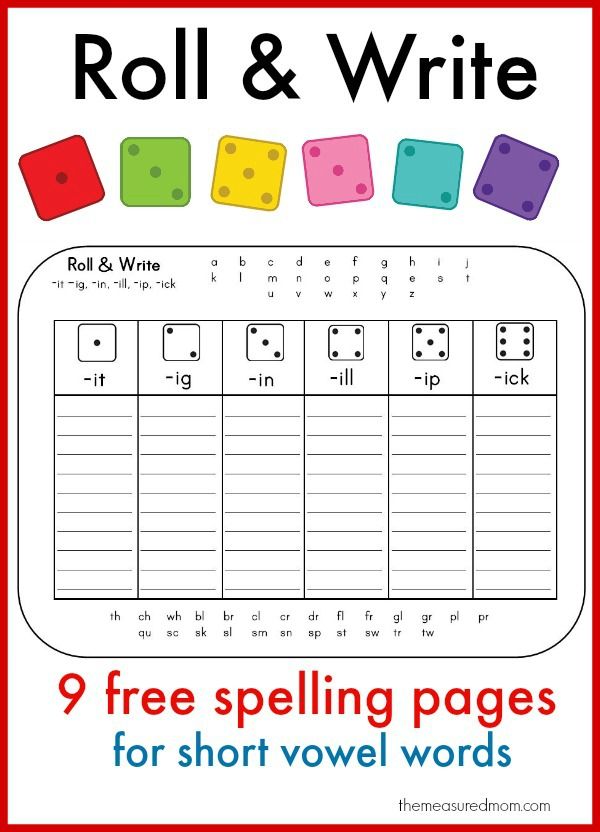
1. Word association
Best for: Ages 6+
Basic word association games start with one word. Ask your child to come up with a word that comes to mind. If possible, it should connect to the keyword. You can find keywords from categories like food, hobbies, sports, colors, and countries.
There are many word association games to choose from:
- Synonyms
- Antonyms
- Relatable words
- Rhymes
Each of these games promotes literacy and an increased vocabulary.
2. Pyramid
Best for: 1st to 8th grade
Pyramid requires several players to make it a fun game for your family. It promotes team-building, cooperation and increases your child's vocabulary.
To play this game, divide the members of your household into teams. One person on each team draws a pyramid and adds six categories in three rows — one at the top, two in the middle and three on the bottom — to create a triangle shape.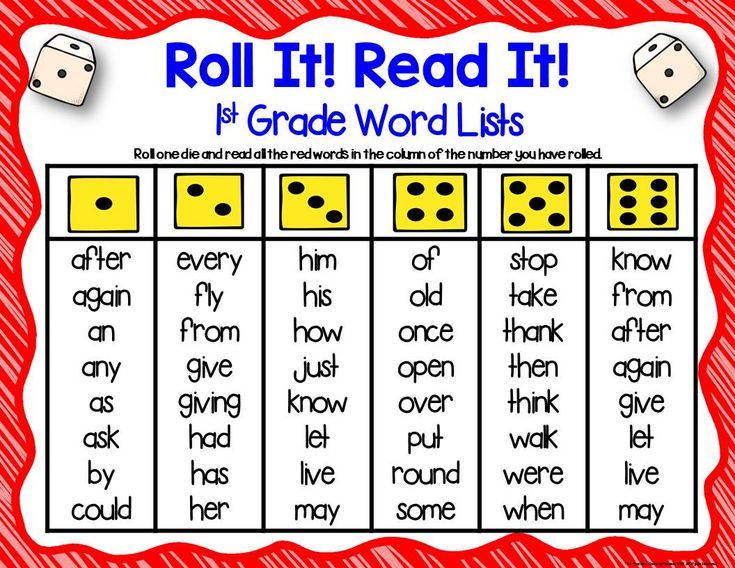
Source: GetWorksheets.com
Whoever holds the pyramid must give clues to their teammates so they can guess the correct category. You'll receive a point for each correct guess.
For example, if the category is things that fly, the clue giver could choose to give hints such as:
- Bat
- Kite
- Bird
- Airplane
- Helicopter
- Rocket ship
The goal is to have your team correctly guess as many categories in the pyramid as possible.
Remember to impose a time limit based on your child's age.
3. Synonym
Best for: 1st to 6th grade and ESL students
Synonyms help kids to achieve a greater understanding of words with similar meanings.
Use a paper and pen to write a short list of five to ten words. Instruct your child to write a word with a similar definition beside the keyword.
4. Question Cube
Best for: 1st to 4th grades, multiple players of 3 or more
Use a beach ball or a soft cube toy to tape words to the sides of the object.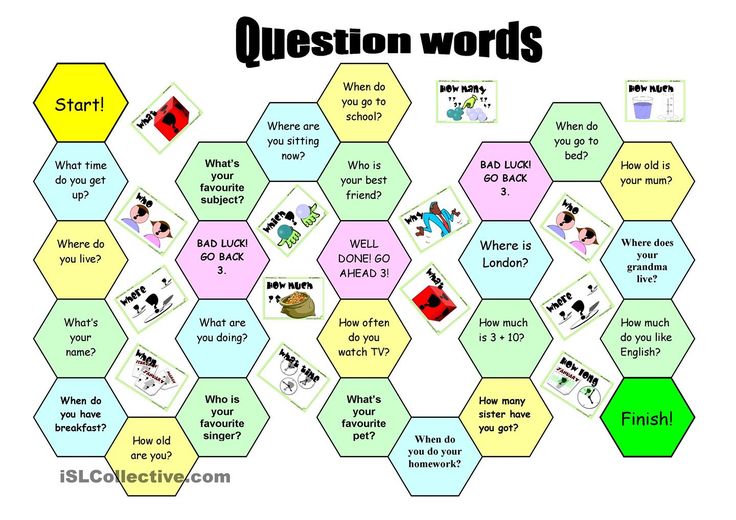 These words can be a synonym, adjective, or a noun. On one side of the cube or ball, paste "use this word in a sentence".
These words can be a synonym, adjective, or a noun. On one side of the cube or ball, paste "use this word in a sentence".
Toss the ball to your child and whichever side comes up, he/she should answer the question. If your child answers correctly, they can throw the ball or cube to someone else in the group. Should your child answer incorrectly, they're removed from the game and asked to observe. The last person standing wins!
5. Scrabblez
Best for: 4th to 12th grade
You can use Scrabble to accompany this version of the game. Use letter tiles to come up with several words and write their scores on a score sheet. Make this a true vocabulary game by asking your child to use each word in a sentence.
6. My Word Meaning
Best for: 1st to 6th grade
This vocabulary-building exercise works well to help children understand words as they're used in sentences.
Before you read a book to your child, write three new words for them.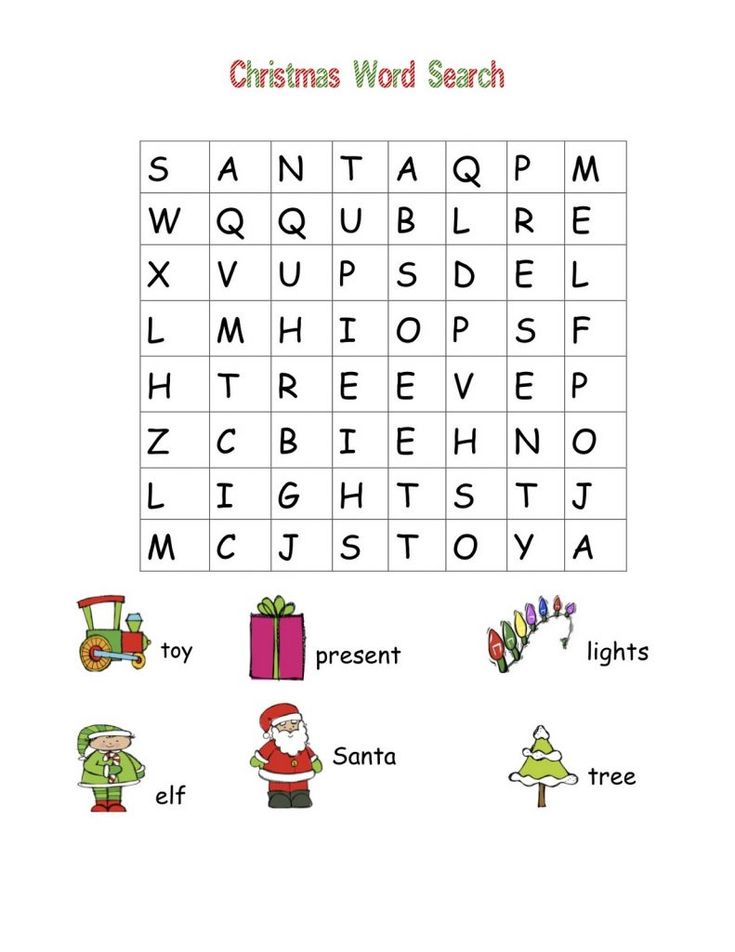 Ask them to write down their interpretation of the word's meaning.
Ask them to write down their interpretation of the word's meaning.
When you're done reading, ask your child if he/she has a better understanding of that word now that they've heard it used in a sentence.
My Word Meaning builds comprehension and makes vocabulary studies more clear.
7. Go Fish
Best for: 1st to 12th grade
Go Fish remains a popular card game played by generations. But there's a way to turn this game into one that challenges kids with new words.
Write five to 15 words that your child is not familiar with. Give each member of your family an even number of cards. As each person draws a card, one player asks a question such as "do you have a word that means "happy"? If not, they're told, "Go Fish".
The first person to come up with the most correct words wins.
8. Picabulary
Best for: 3rd to 12th grade
Picabulary offers an effective way to build vocabulary. Invite your kids and their friends to join the fun.
Divide your group into 2 or 3 small teams. Choose one person in each team to make drawings on a tablet, whiteboard, or a large piece of paper.
Start the game with one word. The artist attempts to draw the word without using letters or numbers. The first team to shout the correct word wins the game.
9. Vocabulary checkers
Best for: 1st to 12th grade
Everyone loves playing checkers! Incorporating vocabulary adds a creative spin to this classic game.
Print a checkerboard and use playing pieces such as coins, bingo tokens or small toy statues. Each person should fill out a vocabulary word on their checkerboards. If a member of your family doesn't use the word correctly in a sentence, they cannot make their move.
10. Memory with Vocabulary
Best for: Kindergarten to 8th grade
Here's a rewarding game that connects meaning between words and pictures. Your kids can draw visual representations of a few new words using paper and colored pencils.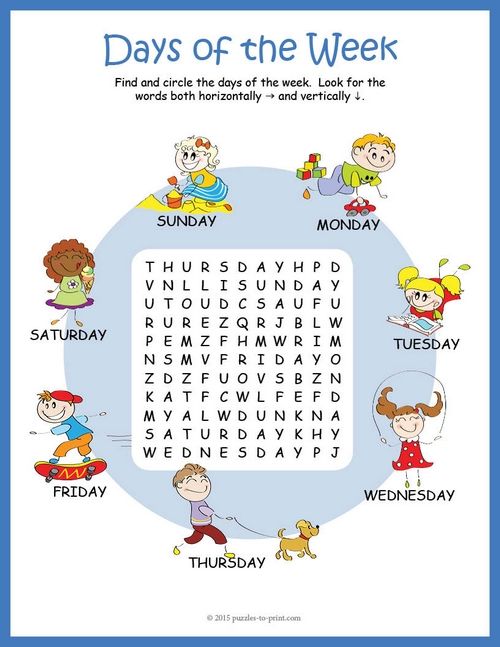 When two or more kids partner together, they attempt to define those words and use them in a sentence.
When two or more kids partner together, they attempt to define those words and use them in a sentence.
Family word board games
Make family game night more exciting when you try a variety of educational board games. Your kids will be too busy having fun to notice they're getting a valuable vocabulary lesson.
Below, you'll find the top five picks for family word board games:
1. Scrabble
Best for: Ages 8 and up
Scrabble works best when you have two to four players. The game requires the use of letter tiles and a grid board comprising 15x15 squares. Each player uses tiles to create words. To win the game, someone must have all of their tiles on the board.
2. Boggle
Best for: Ages 12 and up
Boggle has 16 lettered dice that you shake and allow to settle into each compartment. Using a three-minute timer, each player records the number of words they find on paper. The catch is they can't use the same cube twice.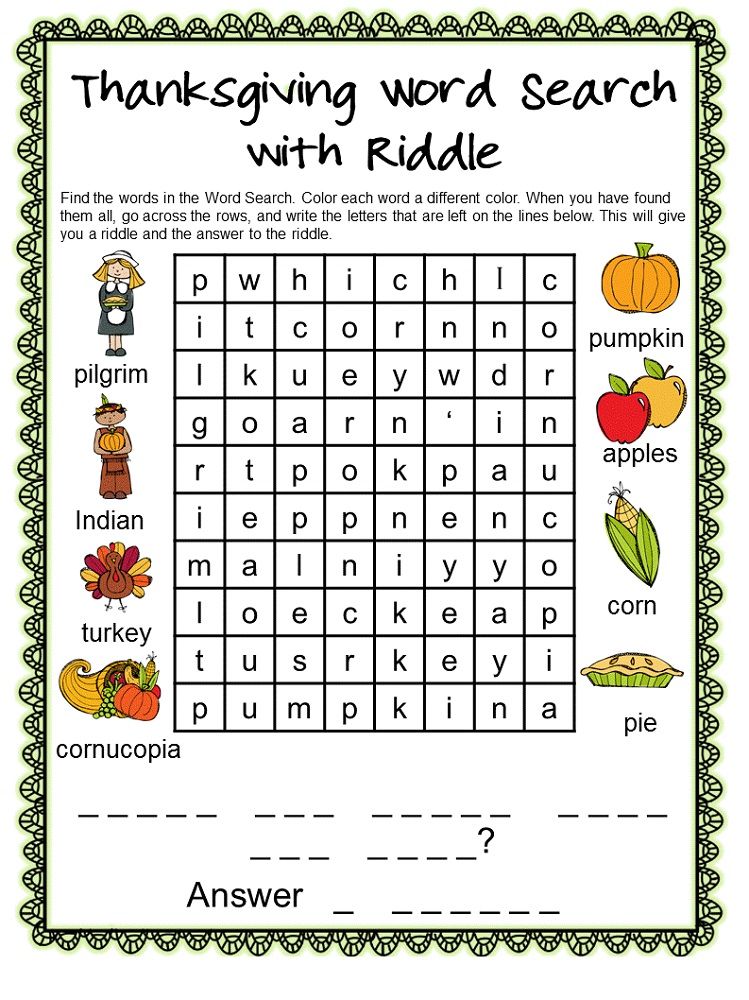
Hasbro makes another version of this game for preschoolers called Boggle Junior. Kids develop spelling, sorting, and concentration skills.
3. Pictionary
Best for: Ages 8 and up
You don't need artistic abilities to enjoy this hilarious game. Select one person to make a drawing and everyone else has to figure out if the drawing is a person or a curious object.
Pictionary adds fun to developing drawing skills and vocabulary.
4. Scattergories
Best for: Ages 13 and up
Players must think fast as they work against a sand timer. Each person writes answers from various categories that begin with a specific letter determined by rolling the dice. Kids are great at coming up with hilarious answers. The more answers each player has, the more points they receive.
5. Bananagrams
Best for: Ages 7 and up
This sweet little game comes with a banana-shaped pouch with letter tiles. Players work quickly to form many words to build a word grid.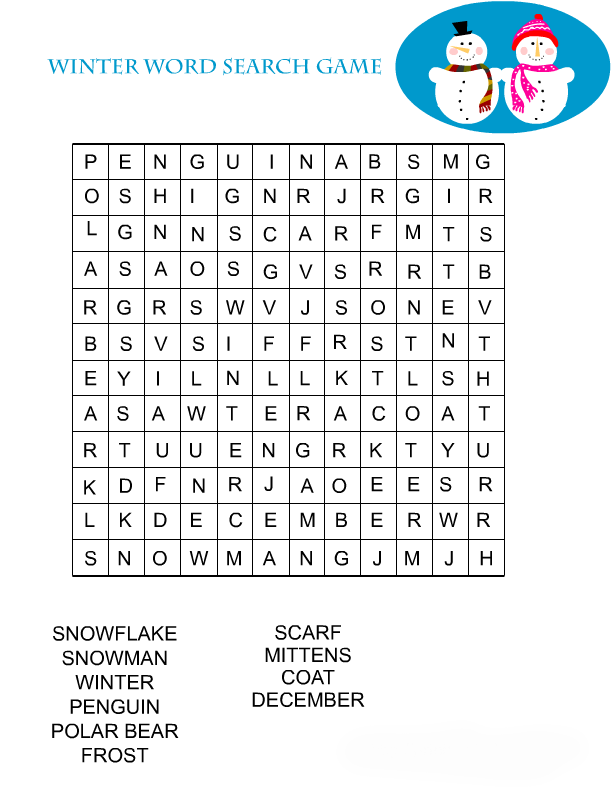 The first person who uses all of their tiles achieves "Top Banana" status.
The first person who uses all of their tiles achieves "Top Banana" status.
You can find these board games at big box stores or smaller retailers that cater to children's books and toys.
Game-based learning for literacy and vocabulary
Kids love playing fun games. When you devote time to game-based learning or play-based learning, your child learns critical thinking skills, motivation and goal-setting. You'll notice their confidence increases as they gain a handle on vocabulary and literacy.
Want more ways to encourage your child to love learning? Try Prodigy English!
Kids can explore an open world as they create items, earn coins and meet new characters. Every time they correctly answer a reading or language question, they’ll gain more energy to use as they create a world of their very own.
Sign up nowTop 10 word games with children • Ursa Major School of Parenthood
The game is for joy. And the game that pleases, in itself, often provokes the development of the child much more than a specially organized educational game.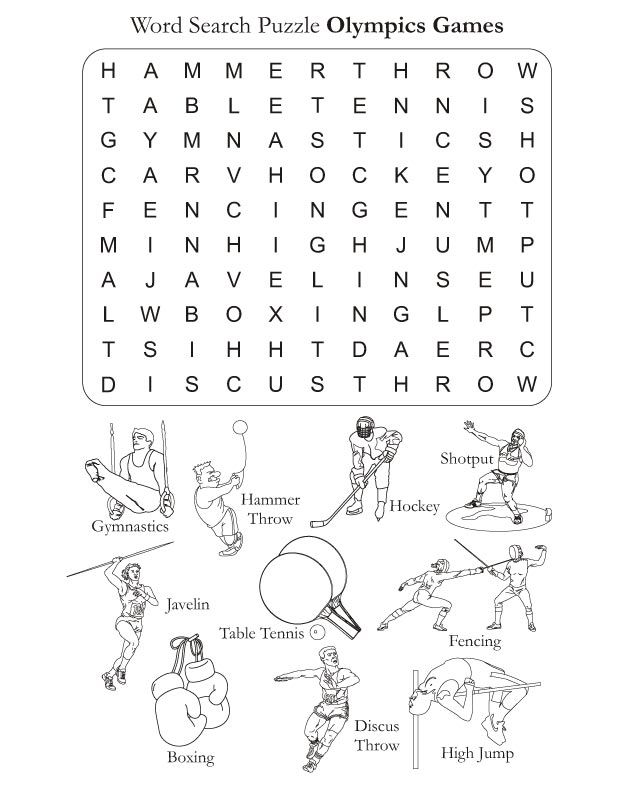 Zhenya Katz tells how to play with letters and words to make it fun.
Zhenya Katz tells how to play with letters and words to make it fun.
Riddles
Very many games that develop verbal or sound thinking are oral. You can think of a certain object, but answer the question only “yes” or “no”. Let's say I guessed what is on my table. And the child starts asking:
− Is it big?
I say:
− No.
− Is it larger than a glass?
- No.
− Is it square?
- Almost.
− Is it iron?
- No.
− Is it wooden?
- No.
− Is it rubber?
− Yes.
− Is it black?
- No.
− Is it white?
− Yes.
− Is that an eraser?
− Yes, it's an eraser. You guessed it, well done. Now you tell me, and I'll ask.
You can guess some simple things and suddenly it turns out that it is not so easy to guess them even for an adult, although the hidden object is completely simple, everyday.
You can make word riddles. But not classical, folk, which everyone knows and which are printed in collections: a girl is sitting in a dungeon, and a scythe is on the street.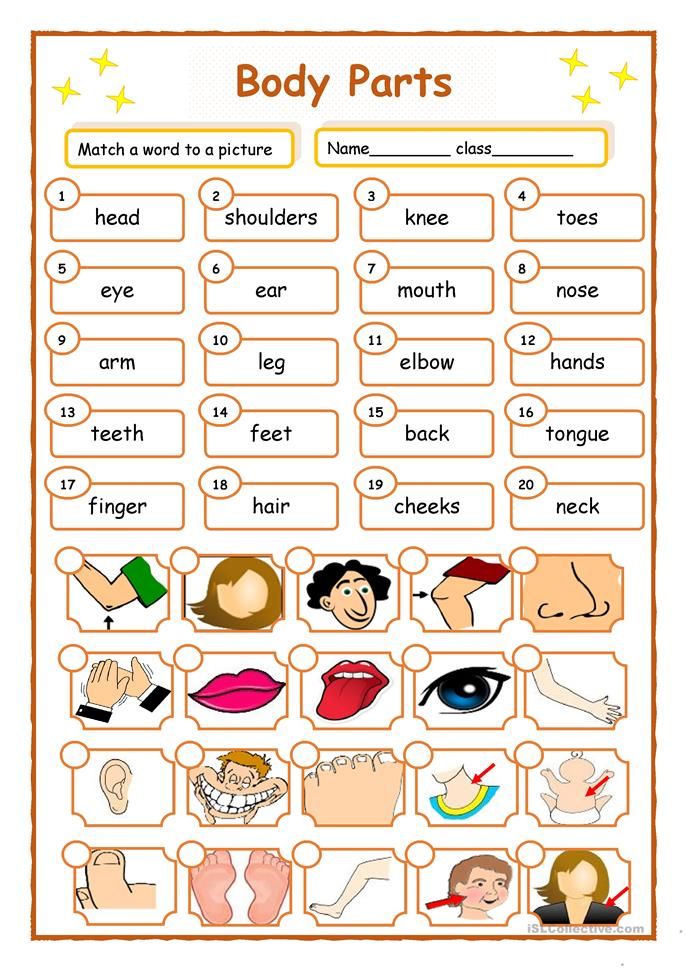 Modern children have not seen how carrots grow, so they cannot guess what kind of scythe it is on the street, why the girl is sitting in a dungeon and why this has to do with carrots. That is, they are ready to learn both this text and this answer. But they cannot correlate, they did not see it, this is not an easy metaphor.
Modern children have not seen how carrots grow, so they cannot guess what kind of scythe it is on the street, why the girl is sitting in a dungeon and why this has to do with carrots. That is, they are ready to learn both this text and this answer. But they cannot correlate, they did not see it, this is not an easy metaphor.
By riddles, I mean something completely different. You can describe an object by naming several of its features, giving a definition. For example, a beast that meows.
- I thought of a striped beast that eats grass.
Child says:
− Tiger?
- Not a tiger. The tiger does not eat grass. And this beast also has hooves and a mane.
− Aaah, a horse!
− Striped!
Or I can say:
− Yes, only the name of the beast begins with the letter "z".
- Striped horse on the "z" ... Aaah, a zebra!
Or I can say:
- Sour, yellow and oval.
Child:
− Oh, I know it's a fruit.
− Yes, fruit. Which one then? It is also put in tea.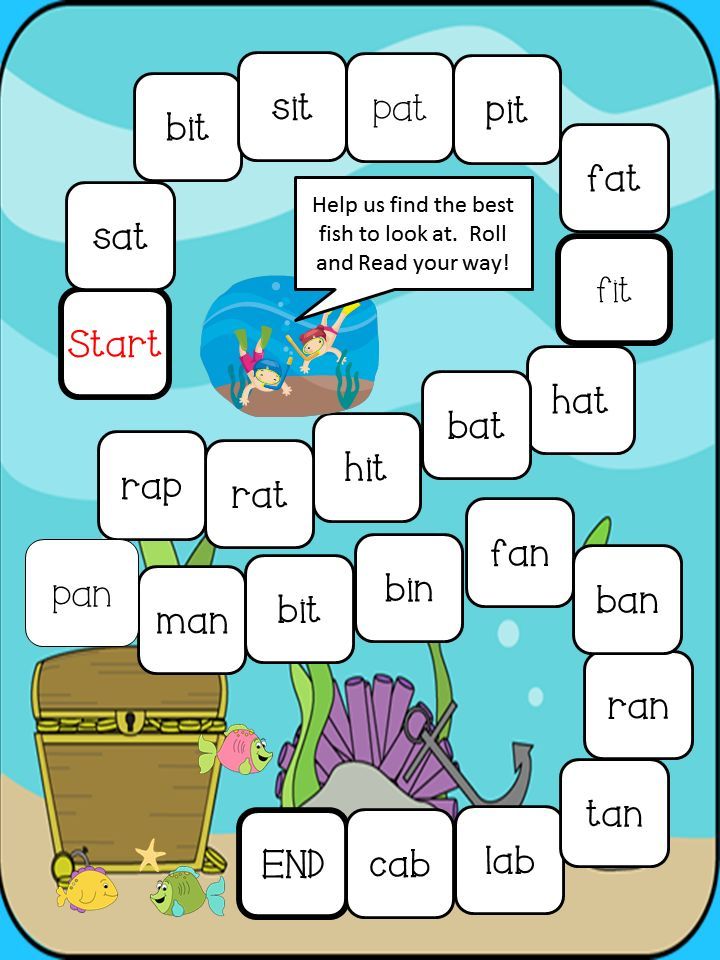
− Yeah, yellow, lemon!
Or:
- Red, round, put in a salad.
I could mean a tomato, and the child says, "Radish." Great, that's fine too.
It is useful to come up with such riddles. Nothing less useful than guessing.
Tongue twisters and poems
It is not so easy for an adult to pronounce them. Therefore, if you play tongue twisters with your child, start with yourself. Try to say it yourself quickly and quickly and show the child how you practice, how you train, how you learn it.
You can play with some verses: you start, and the child remembers the right word at the end.
− Where did the sparrow have lunch? At the zoo,…
− … animals.
While the child remembers the right word, you can offer funny options.
- Stayed with a rhinoceros, ate bran ... the road.
- No, - says the child, - not the road.
− What is it? From the threshold.
− No-no, not from the threshold.
− What?
− Not much!
Extra word
You can also play - name some groups of words and guess who is extra. Significantly, there can be multiple correct answers in this game. You can play it on the go, invite your child to come up with such riddles. But it is important that he explains his decision. For example, I can say: "bus, tractor, trolley bus, tram." Which of these words is redundant? Someone can say that the bus, because it is on the "A", and all the others begin with the letter "T". Someone will say that the tram, because only he goes on rails, and everyone else does not. Someone will say that it is a tractor, because it is not public transport, but everyone else carries people. Do you understand? Any explanation is fine.
Significantly, there can be multiple correct answers in this game. You can play it on the go, invite your child to come up with such riddles. But it is important that he explains his decision. For example, I can say: "bus, tractor, trolley bus, tram." Which of these words is redundant? Someone can say that the bus, because it is on the "A", and all the others begin with the letter "T". Someone will say that the tram, because only he goes on rails, and everyone else does not. Someone will say that it is a tractor, because it is not public transport, but everyone else carries people. Do you understand? Any explanation is fine.
It is important that it is also useful for the child to come up with such problems. After all, only adults are always the bearers of the ultimate truth: first you guess, then the child. And this is not only a game, but also a process of communication. If you like to invent, then that's great.
Snowball
There is such a wonderful game "Snowball".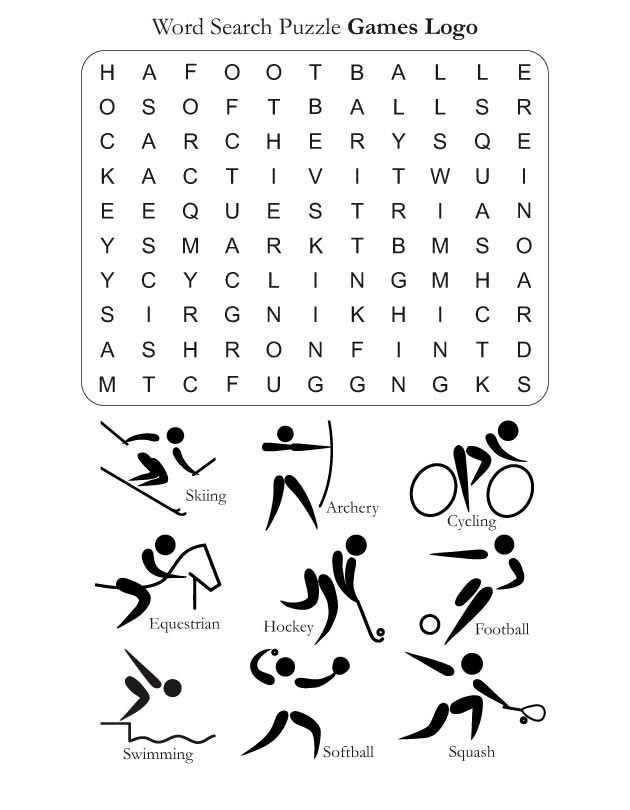 It is both verbal and developing memory. One says:
It is both verbal and developing memory. One says:
- Cat.
Second:
− Cat, dog.
Third:
− Cat, dog, hare.
Fourth:
− Cat, dog, hare, tiger.
Any words can be spoken. There is also another version of this game. Let's say the first one says:
- I'm going camping and I'm taking a spoon with me.
Second:
− I am going camping and I am taking a spoon and a bowl with me.
And so on. Everyone adds their own. But at the end, not at the beginning. That is, initially he must remember all the words that were said before him, then add his own.
When we play with a group of children, I suggest not only naming the words, but also, if someone has forgotten, you can prompt, but only with gestures.
You can name the first letter in each word, and this is also not so easy for some children. But when you have already done it, then some riddles are all one letter. For example, we think of all the words with the letter "M". I say:
- It's so big, with wheels, you can ride on it.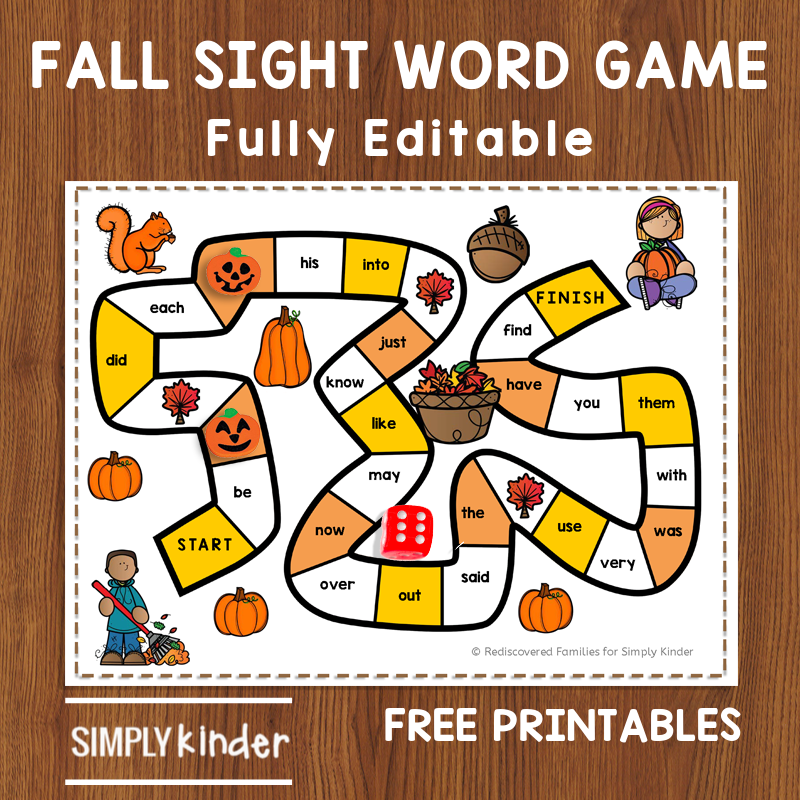
− Machine.
− Okay, then I'll make another guess with the letter "M". It's so tasty, cold and comes in a waffle cup.
− Oh, that's ice cream!
− It's also so sweet and made by bees.
- Med.
− And now let's try to come up with something on "M".
And this is much more difficult: to come up with a word that begins with this letter, and then describe it - this is a serious job for a child.
Contact
This game is suitable if the child already knows what the first letter is and understands the definition: “this is such a beast that meows”. If he does not name the word itself, but pronounces the description, then after that it is already possible to play. I think many people know the rules, but I'll tell you again just in case.
Contact - a game for several people, you need at least 3-4 participants. The host thinks of a word and tells all the other players the first letter, for example "K". The rest of the players begin to come up with their own words that begin with "K", for example, one says:
- Isn't this the kind of animal that meows?
The host says:
− No, it's not a cat (if he really didn't think of a cat).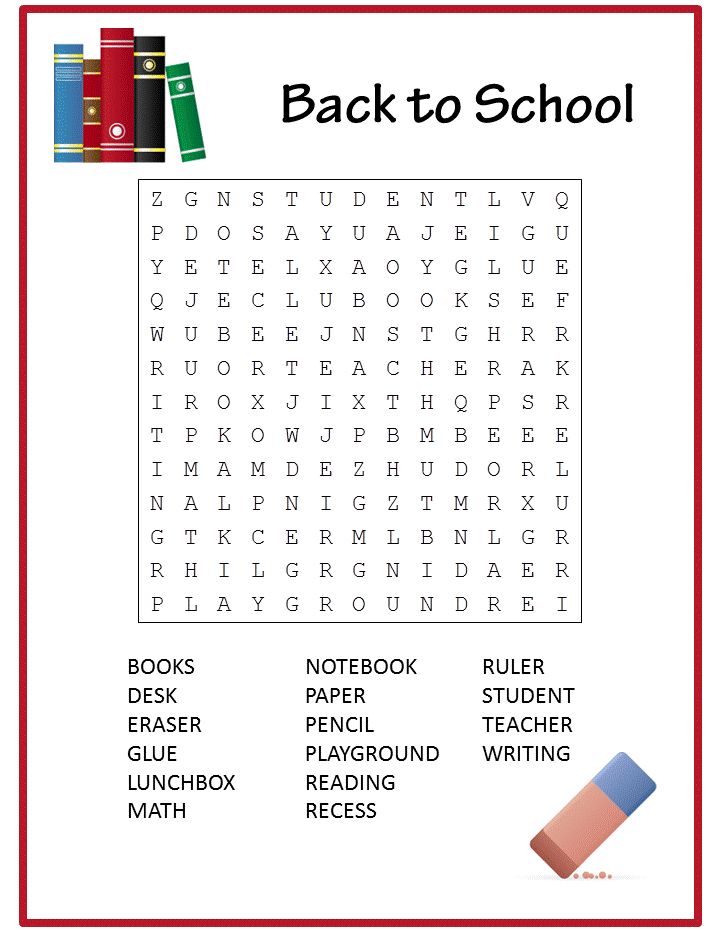
The other one says:
− Isn't he like that, Cheburashka's friend?
Host:
− Gena. No, wait, "K". It's not a crocodile.
And so all the players are trying to come up with such a definition that they understand, but the leader does not understand. And if suddenly they succeed, for example, one of the players says:
- She is sweet and is eaten boiled.
The host says:
- Porridge.
− No, she grows in the field, she is tall and has hairs inside her.
The host says:
− Oh, I don't know.
Then the rest of the players start counting: up to 3, up to 5 or up to 10, as you agree. And they say “Contact!”, And then they pronounce the guessed word in unison. If the one who gave the definition and the one who said “corn” agreed, then the driver should tell them the next letter.
− All right, then I'll tell you the second letter. The second letter is "O".
And then all the players who guessed come up with “Ko”. And then, say, they came up with some other definition that the driver did not guess, then they already have three letters.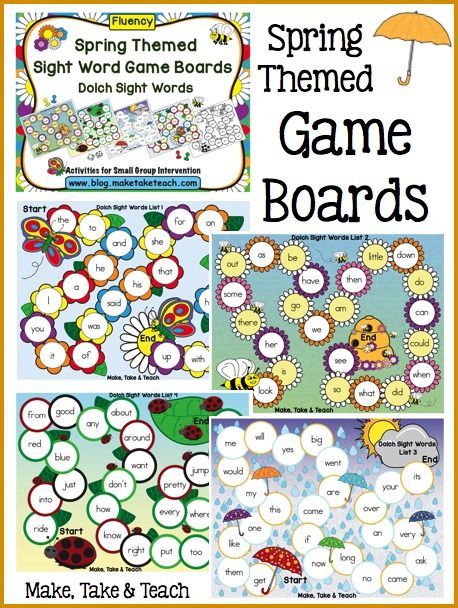 And so little by little they guess the word. And whoever guessed it in the end becomes the next driver.
And so little by little they guess the word. And whoever guessed it in the end becomes the next driver.
This game is not as easy as it might seem - it can be difficult even for adults to play it. But if you are not in a hurry, do not try to beat the child without fail, then the game process will give everyone pleasure.
If you don't try to measure who won and who lost, then it works quite well. For example, it allows you to find out how words are spelled. It can be very funny to play with children, they come up with non-trivial spelling and do not always understand which letter is next in the hidden word.
Kuzovok
There is a similar game when it is not the beginning of the word that is important for us, but the end: everything starts with “-ok” - “Kuzovok”.
“Sasha walked into the woods, took a box truck with him.
What's on "-ok", puts everything in a box.
And we tell the child that a box is such a basket
− I found a fungus and put it in a box.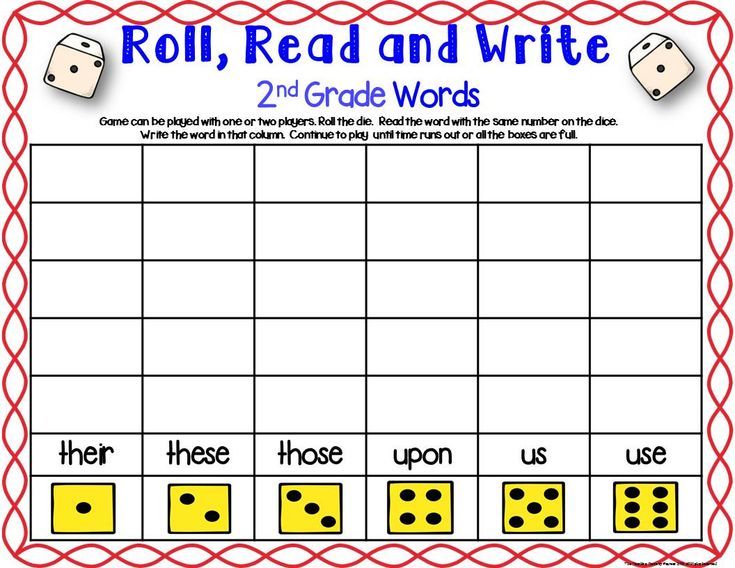
You can draw and sculpt everything you find.
− What else can be put in the container?
- Leaflet (put in box).
− What else?
- Boot.
− All right, that's fine.
Chain of words
Many people play cities when they think of a city with the last letter, but cities for young children are too difficult, they do not know so many names. Therefore, you can play with ordinary words. And I say, for example:
- Cat. What is its last letter? "T". So, now you need to come up with a "T". Come on.
- Tractor.
− Yeah, then I'll come up with an "R". I say "rukaV", come on, let's think about what his last letter is?
And here comes an interesting thing. The child says:
- "F"?
I say:
− You know, this can be checked. Let's think, the jacket has one sleeve, and if there are many? Two sleeves. We say "two arms" and not "two arms"
The child agrees:
− Of course, armVa.
- Great, now you know.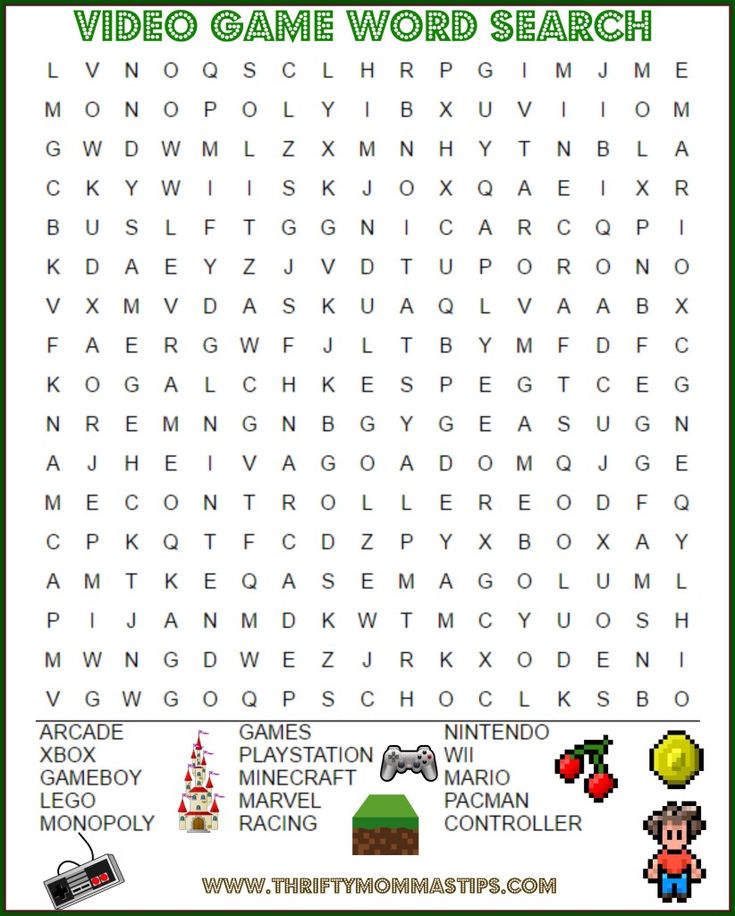 The sleeve is the last letter "B". See, we checked it out.
The sleeve is the last letter "B". See, we checked it out.
It is absolutely not necessary to say that later you will learn this at school. And this is a great way to understand, to check which letter to write.
Hidden letters
I guess some letter, and then the children suggest words, and I say if this letter is there, and if so, how many times it occurs. For example, they say:
− Cat.
I answer:
− There is no such letter, none.
Children continue:
- Mountain.
I confirm.
- One.
They say:
- Pineapple.
Me:
None.
They say:
− Fish.
Me:
− One.
And then they can already guess what letter it could be. For example, now I thought of "R".
Or you can ask the child to think of a letter, and then it will be his turn to try to understand which letters are and which are not. And this is a pretty serious analysis.
Author: Zhenya Katz, educator, author of the method of playing teaching children
Series of online lectures "Play and Children"
Watch the free open lesson "Play and Children" with Zhenya Katz.

Word game for traveling with kids: 15 best options
In the summer we always go somewhere. To the cottage by car, on vacation by train or plane. If you have children with you, there must certainly be games at the ready that you can play right without getting out of your chair. How about word games? How much do you know?
Tatyana Kolobova
1. "Twins" (Doublets)
It is said that the game D oublets was invented by Lewis Carroll, the author of Alice in Wonderland. It is not difficult to play it, besides, this game perfectly trains the skills of recognizing vowels and consonants.
Rules: select a word (from three to five letters) and change only one letter in it. For example: t umba - r umba, m uk - r eka. Then we change the letter in the second word again, it turns out: t umba — r umba — z umba (dance), r uka — m ukamu r a.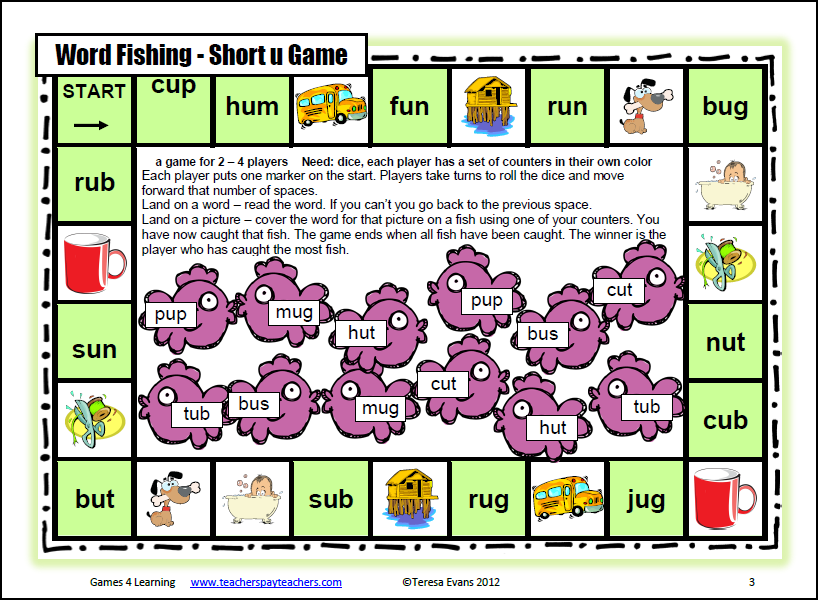 Next, we try to extend the chain. Whoever has the longer one wins!
Next, we try to extend the chain. Whoever has the longer one wins!
Let's complicate: we take words of 6-8 letters and play by the same rules.
2. Cities
Everyone seems to know this game. What could be easier? But options are possible.
Rules : the first player revs the city, the next must match the name of the city with the last letter of the previous one: Moskv a - A shkhabad. The disadvantage of this game is that the cities with the letter A will end pretty soon. In this case, you can switch to the game "Cities and Countries" or "Cities and Rivers" . By the way, you can also play with an atlas in your hands, because children do not know so many geographical names. And with the atlas it is convenient, informative and useful!
3 Hidden word
The hidden word is the beginning of an exciting game that never ends.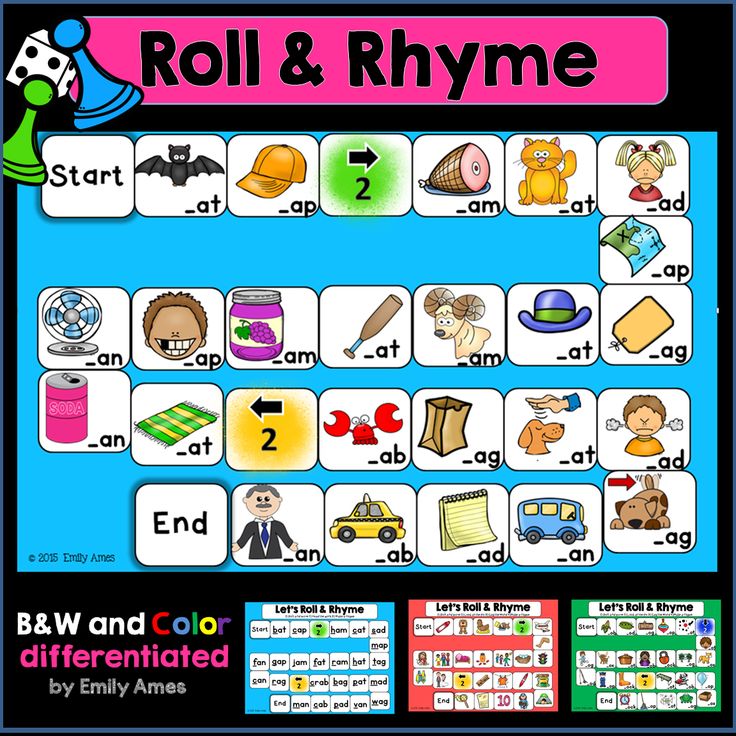
Rule: take a word and come up with a code for it: there should be one sentence for each letter of the selected word, and the sentences must be connected in meaning. You can play in teams or each for yourself, the one whose cipher will be the most logical in meaning wins.
For example, choose the word "Potato". The cipher can be:
K each A R R recognizes T smart O fields Sh rokogo K upola A atmosphere
It is not so easy to come up with a coherent text for a random selection of letters. Sometimes the cipher texts turn out to be very funny, but in any case it is interesting to play!
4. Spy encryption
Come up with your own version of the letter cipher and write a secret message. Give the "key" of the cipher to the other players and offer to quickly decipher your message.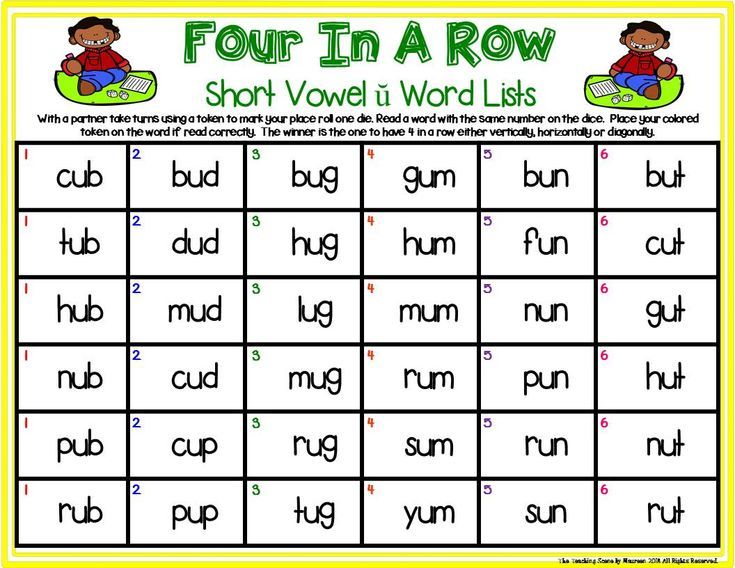 The “key” can be, for example, as follows: each letter corresponds to the next letter of the alphabet in order: A=B, B=C, and so on. The word "hello" in this case will look like this: RSKGEU.
The “key” can be, for example, as follows: each letter corresponds to the next letter of the alphabet in order: A=B, B=C, and so on. The word "hello" in this case will look like this: RSKGEU.
5. Guess who and what?
Depending on the complexity of the hidden word, the game can be suitable for any age.
Rules: the host thinks of a word. If you play "Guess it?", it can be a historical character, a fairy-tale hero, a mythical character, a cartoon or movie hero, one of the people everyone knows (family member, classmate). If you play "Guess who?", then you agree in advance what the hidden word refers to (a household item, an animal, a natural phenomenon, or something else). Next, the participants in the game ask leading questions to which the leader can only answer “yes” or “no”. The player who guesses the word first wins.
6. Who am I?
Variation on the theme of the game "Guess who and what?"
Rules: Each player writes a word on a self-adhesive piece of paper that can mean an object, phenomenon, person, character of a fairy tale, movie or cartoon, and sticks the piece of paper on the neighbor's forehead.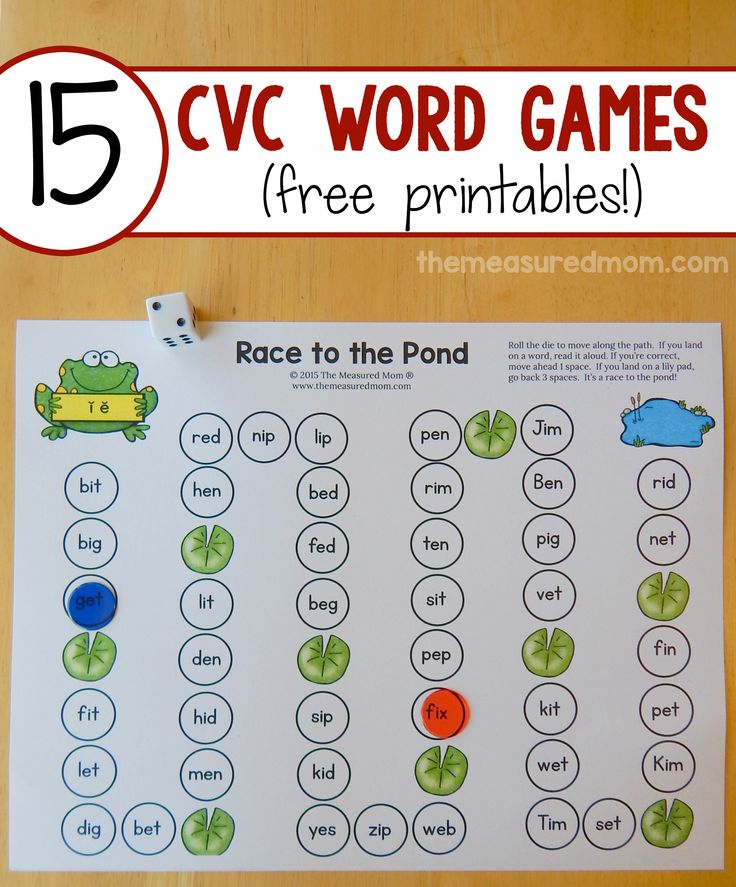 Thus, the word is seen by all participants in the game, except for the one who has this word on his forehead. Each player, in turn, can ask those around him any questions about himself, the answer to which can only be “yes” and “no”. The winner of the game is the one who discovers "who am I" first. The game continues until all players have guessed themselves.
Thus, the word is seen by all participants in the game, except for the one who has this word on his forehead. Each player, in turn, can ask those around him any questions about himself, the answer to which can only be “yes” and “no”. The winner of the game is the one who discovers "who am I" first. The game continues until all players have guessed themselves.
7. Crocodile
Good old game for a fun company of children and adults.
Rules : Players are divided into two or more teams. The host chooses (or the players themselves nominate) one candidate from the team, to whom, in secret, the host tells the word, which he must demonstrate to his team in any way. Pantomime, antics and jumping, waving arms and any grimaces are allowed. It is not allowed to pronounce and even articulate the hidden word without sound, write, draw, pronounce consonant words. The players themselves decide how much time is given for an explanation, usually 1 minute.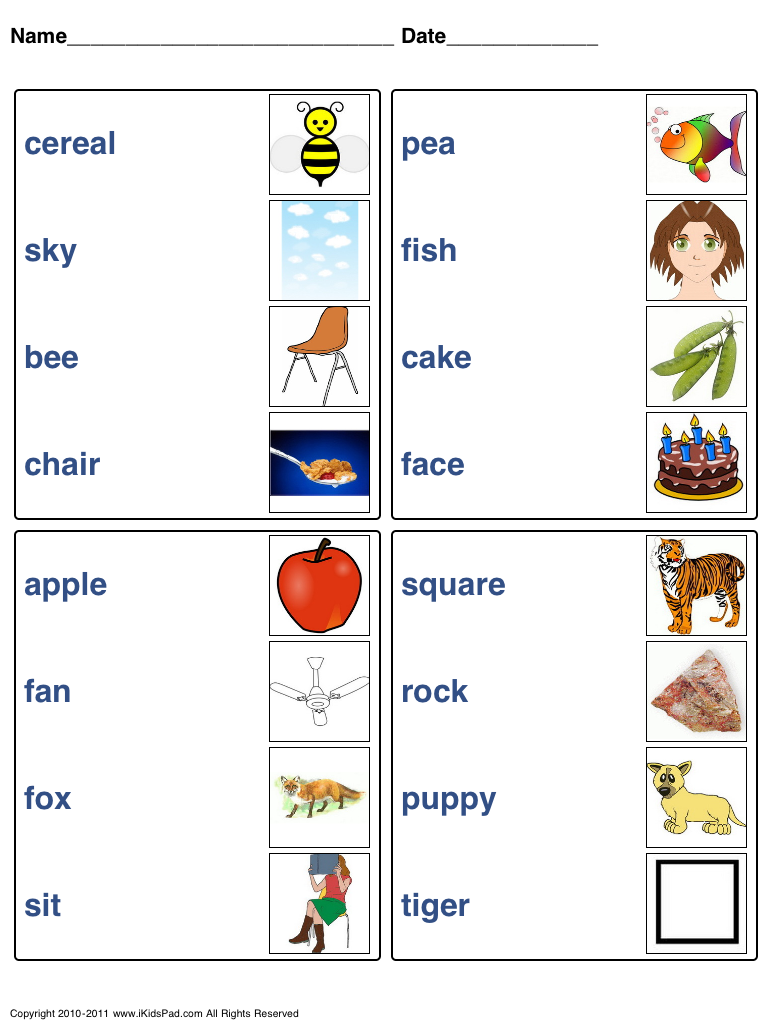
The older the players, the more difficult the host thinks of the word. How would you, for example, depict the word inflation?
8. Snowball
Great memory training game. Counselors in children's camps often use it to enable the guys to get to know each other and remember the names of everyone in the squad.
Rules : In clockwise order, everyone begins to give their names. When all the names have been sounded, on the second round, each participant calls his name and the name of the neighbor on the right, for example: Natasha, Slava. The next player says his name and the previous two, and so the snowball of names grows until someone makes a mistake. If the company of players is small (for example, a family is traveling in a car), you can add funny unusual nicknames to patronymic names that everyone comes up with.
9. Diagonal
Game with pen and notepad.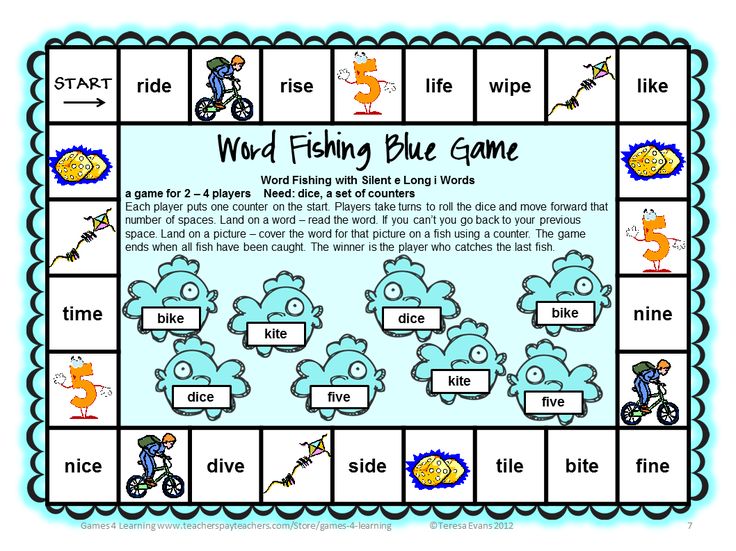 It is possible - for a while.
It is possible - for a while.
Rules: draw a square of 7x7 cells on a notebook sheet or in a notebook. Diagonally write a 7-letter word, for example - CARABAS. Passing the notebook to each other, each participant must enter the word horizontally in such a way that the already existing letter becomes part of it.
10. Bag of associations
This game is good to play with family or close friends or relatives.
Rules: each player writes on a piece of paper a word with which he has some memory, association or story associated. The papers are folded and placed in a bag. Then each player pulls out their piece of paper, quickly remembers and tells their story associated with this word. It is very unexpected and interesting when there can be completely different responses to the same word. And how nice it is to remember something long forgotten or to hear a story rolled out by a child that you did not even suspect!
11.
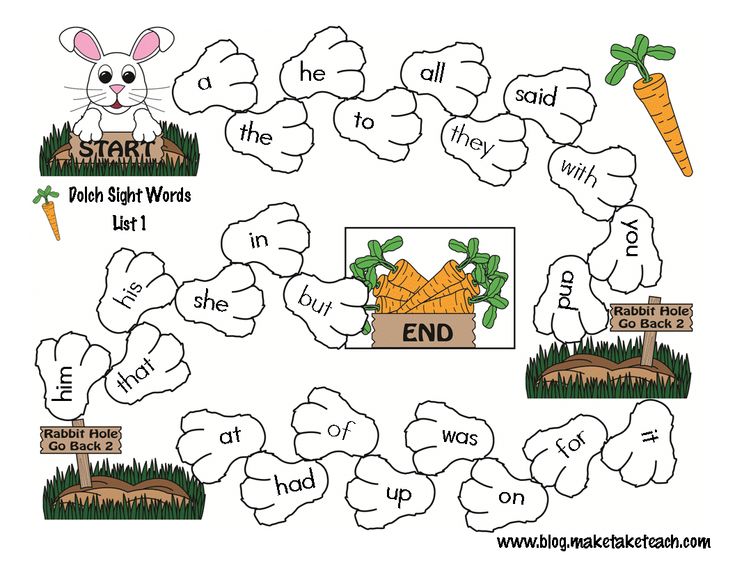 Nonsense
Nonsense Children aged 5-10 adore this game precisely because real nonsense comes out in the process and you can laugh heartily.
Rules: Each participant whispers any made-up word in the neighbor's ear. The host (preferably an adult) asks everyone a question, the answer to which will be the very word spoken in the ear. For example: - What did you eat for lunch today? — Cat. - Where do you live? - In car.
The next leader is the one whose answer turned out to be closest to reality - that is, NOT nonsense .
12. Edible-non-edible
An attention and reaction game for toddlers and younger teens.
Rule : do the guys stand or converge in a circle, the leader holds a small ball in his hands and throws it selectively by the players? Saying the word at the same time. The “edible” player must catch, the “inedible” should be discarded.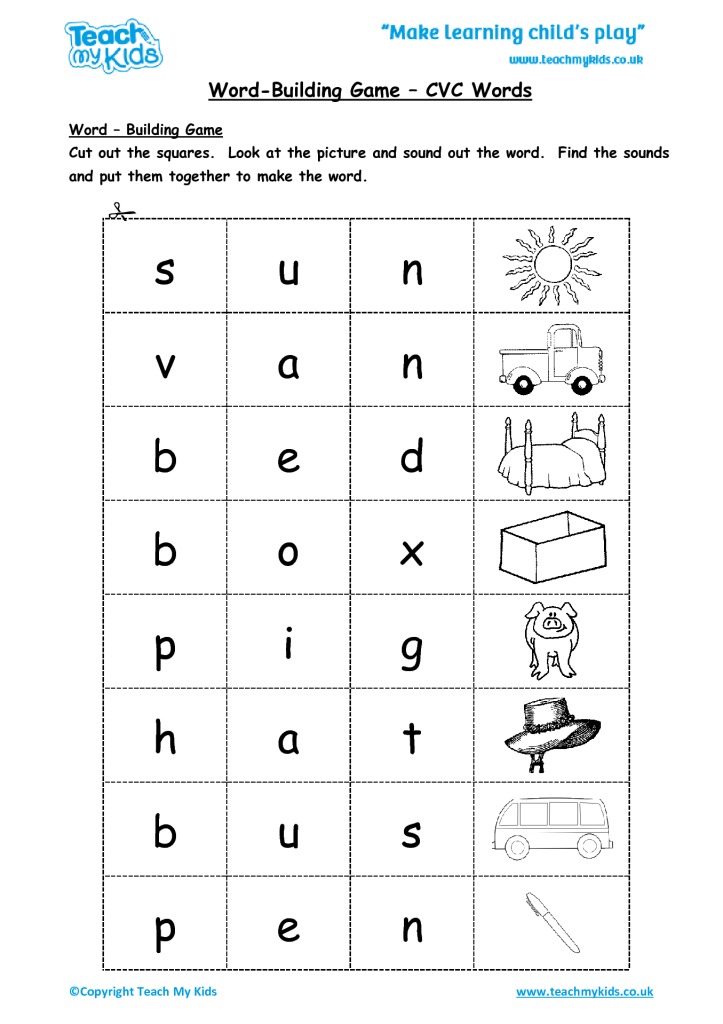 There are many variations of this game. For example, about animals: "Flies, crawls or swims." We agreed that we catch everyone who flies, which means that there is no need to “catch” the rest. You can play different objects in the same way, classifying them according to some attribute.
There are many variations of this game. For example, about animals: "Flies, crawls or swims." We agreed that we catch everyone who flies, which means that there is no need to “catch” the rest. You can play different objects in the same way, classifying them according to some attribute.
13. Contact
A very gambling game in which, if you play with children, it is very easy to forget yourself and start pulling the blanket over yourself, preventing the children from understanding what's what.
Rules: the host thinks of a word and tells the rest of the players only the first letter. For example, this word is "zebra". Each of the players comes up with his own word with the letter Z called by the leader and tries to explain it to others using gestures and pantomime (without words!), what exactly he was thinking, without naming it. If one of the players understood what the word was intended by the one who explains, he says "There is a contact!" and both (the one who explained and the one who responded) start counting down aloud from 10, and then each say their own word at the same time.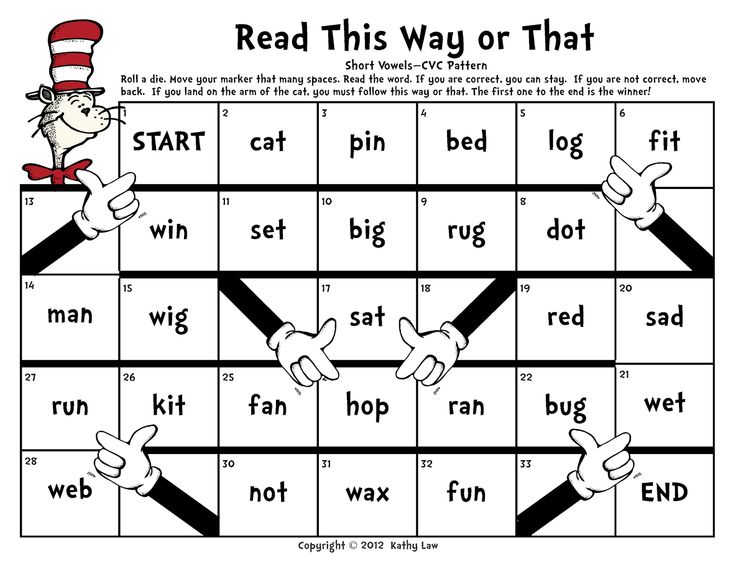 Matched - the host calls the players the second letter in his word and the game continues, only now the players need to invent and explain the word with the initial letters Z and E already set. In case the word does not match, the players continue the game.
Matched - the host calls the players the second letter in his word and the game continues, only now the players need to invent and explain the word with the initial letters Z and E already set. In case the word does not match, the players continue the game.
14. The pile is small
A useful game for developing imagination. It is very good for children who have difficulty with presentations and essays. But - alas - it is not suitable for those who have not yet learned to read.
Rules: All players take turns throwing words that come to their mind - any, not just nouns. The facilitator writes them down on a piece of paper in a chaotic manner, trying to fill the entire sheet, while leaving “air” between the words. Then each of the players take turns picking up a piece of paper and connecting 5-6 words with a line, which can become the basis of a sentence, invent and voice it. The next player chooses his 5 words and the game continues until the last player has no words left for a coherent sentence.